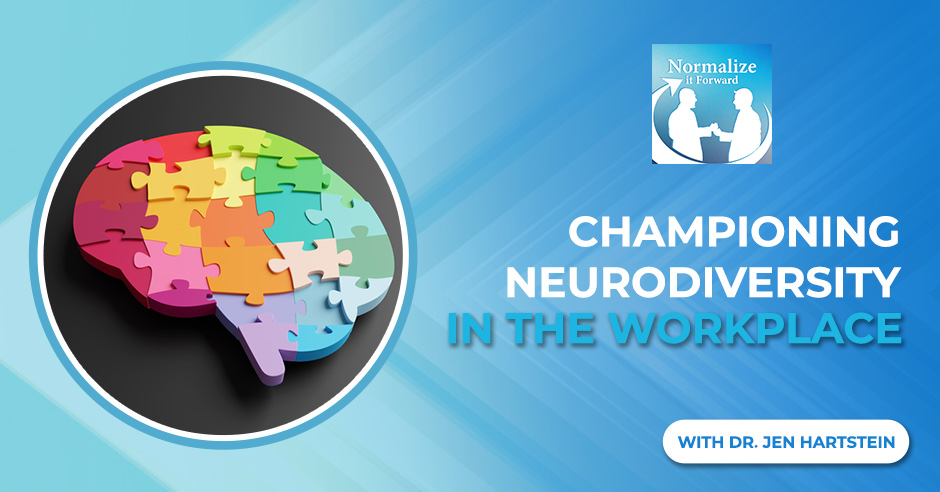
Let’s talk about neurodiversity. It’s not just a buzzword; it’s about building a better future for work. Marc Lehman ignites a crucial conversation with Dr. Jen Hartstein, owner of Hartstein Psychological Services and co-founder of Mental Capital. This isn’t your typical HR talk; Dr. Hartstein, an expert in child and adolescent psychology, is revolutionizing how companies embrace this concept. This episode dives deep: How do we move beyond surface-level awareness to truly attract, hire, and retain neurodiverse talent? Dr. Jen Hartstein provides the roadmap, empowering leaders to cultivate workplaces where every mind thrives, and innovation flourishes.
—
Watch the episode here
Listen to the podcast here
Championing Neurodiversity In The Workplace With Dr. Jen Hartstein
I am joined by Dr. Jennifer Hartstein. Jennifer, welcome.
Thanks for having me.
Thanks for being here. Dr. Jennifer Hartstein is the Owner of Hartstein Psychological Services, a group private practice in New York City. Dr. Jen works with children, adolescents, and their families with a wide range of psychological diagnoses and specializes in the treatment of high-risk children and adolescents. Additionally, she’s the Cofounder of Mental Capital, working with companies large and small to attract higher and retain neurodiverse employees and staff while helping to create neuro inclusive work environments. I can’t wait to hear about that.
Dr. Jen frequently speaks with companies about mental health stress reduction and how leaders can create healthy work environments for their employees. She’s on the executive committee and is a Board Member for Active Minds, an amazing organization working on college campuses to decrease the stigma of mental health.
She’s part of a practitioner alliance of Same Here Global, a major mental health organization run by my colleague and friend Eric Kussin. Dr. Jen was a Self-Esteem Ambassador for Dove’s Real Beauty campaign and was on the advisory board for MTV’s A Thin Line, which focused on the digital behavior of today’s young people.
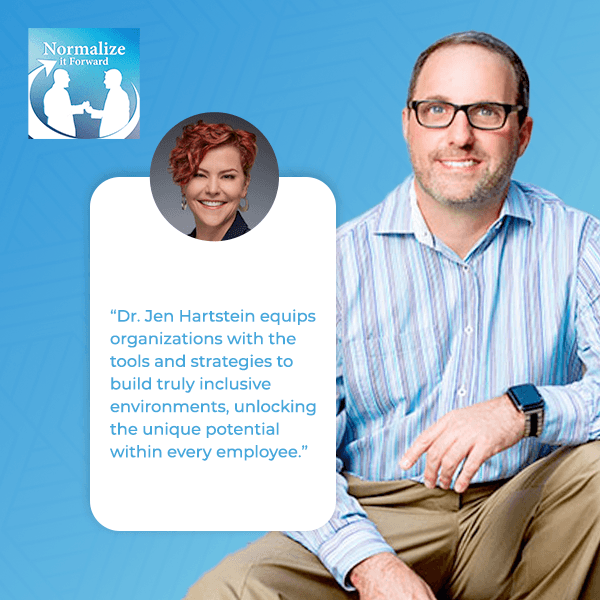
She’s the author of Princess Recovery: A How-to Guide for Raising Strong, Empowered Girls Who Can Create Their Own Happily Ever Afters. She’s a regular contributor to a variety of media outlets, including NBC News Now, NBC’s The Today Show, The Huffington Post and Parents Magazine. Dr. Jen, thank you so much for being here. How’d I do with that?
You did great. I’m like, “That person sounds really impressive.”
Absolutely. I agree. I do think you’re very impressive. Let’s dig in. Let’s talk about this, because you and I do very similar work. There’s some crossover, but clearly, you are doing some stuff that I don’t do and would love to hear about. Can we start with Mental Capital? That intrigued me. Tell us about that.
Dr. Jen Hartstein On Mental Capital & Workplace Inclusion
For sure. Mental Capital is a business that I started with a longtime friend named Peter Shankman, who is very well known in the entrepreneurship space and is a neurodiverse entrepreneur. He has spoken a lot about his ADHD is his superpower and has written some books on it. He has a book called Faster Than Normal and a podcast called Faster Than Normal, which I highly recommend for people who are A DHD or think they might be neurodiverse. They’re great resources. He wrote a great children’s book. We’ve been friends for a very long time.
We were talking and one day we were like, “There seems to be a lack in business space of supporting neurodiverse employees.” He does keynotes about his own experience and here I am, a clinical person and can bring an element into companies saying, “Here’s the clinical side and here’s the lived experience side and this beautiful synergy of how we can help you create neuro inclusive environments.”
Think about it this way. If we think about the fact that I live in Manhattan and every corner has a curb cutout. The curb cutout started as a way to help handicapped people get across sidewalks. It started as a disability focused intervention, but who does it help? It helps parents with strollers, it helps delivery people with carts, it helps groceries, it helps all the things.
What helps one helps the masses. We are trying to really go into businesses and say, “If you can make this change for your neurodiverse staff, it helps all your staff. We also know return of investment. Happier employees make happier businesses, and so on and so forth. That’s really where it started and that’s where we’re getting our traction.
If you look at the research, like when you think about college age and young adults, 53% of Gen Z is identifying as neurodiverse. That doesn’t mean they all carry a specific diagnosis, but it doesn’t matter. They’re going into the workplace identifying as neurodiverse. You have Gen Xers and Boomers still in leadership that don’t know what that means and how to talk to them. They think they’re lazy. They think they’re not working hard enough. Whatever you want to see, there’s all this judgment and you’re losing really good employees because we’re not shifting environments to make it better.
That’s really what Mental Capital is, and it’s really fun and it’s really exciting and to go into like a place like Morgan Stanley where we’ve gone in and done a series of talks and had this wide range of people come up to us at the end, like, “We learned so much. This is so enlightening,” or parents of neurodiverse kids being like, “This is so helpful. How do I advocate for what I need in a workplace?” All of those things. It’s been a lot of fun to be creating.
It’s funny, I was just thinking as therapists, we take that for granted sometimes that everybody knows what we know or everybody’s had the similar experiences. Every once in a while, we meet people that have such a base experience with diversity or neurodiversity and as a result, the working environments can get really complicated and really hard.
I think you have it on both sides. You have the people that just don’t know what it means. They don’t know what the definitions are, they don’t know that we all have different cognitive differences. We have that piece and we’re all supposed to fit into the same hole and peg and that doesn’t work anymore. I think there’s two kinds of problems we have with people coming into work spaces that are neurodiverse.
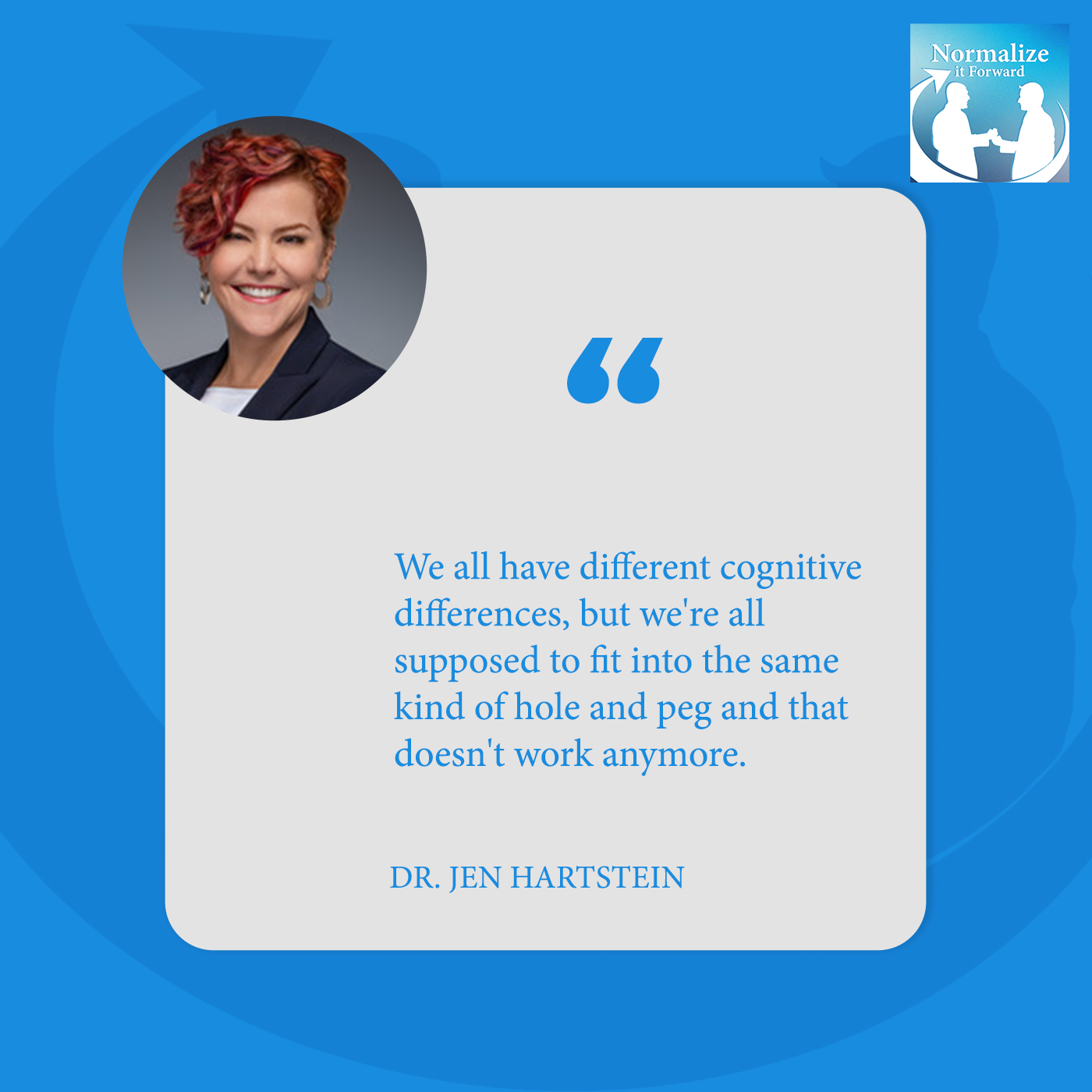
One is they don’t always know how to advocate for themselves because you’ve also been told to be the round peg to get into the hole. You try and mask or create a persona that presents as normal whatever the heck normal means or you have people coming out of environments where they’ve been given. You work in schools.
In school systems, we have 504s and ieps, supports and all these things. All of a sudden, they got thrown out of college and those things don’t exist. That’s maybe what made them a really successful candidate for the job, having some scaffolding. Why do we take all the scaffolding away just because we like have a magic number of 21 or 22? It’s like, no scaffolding. We’re creating frameworks and businesses to keep some scaffolding because I mean, let’s face it, we all could use some scaffolding at different times. Wouldn’t that be helpful? We only know what we know. Having these conversations is really so important because more and more people are impacted and are going to be in the workplace.
You got me thinking about high school, college, and then work. I do a lot of work in high schools and that work in college, that transition. I see that when students not only have scaffolding academically, but then they go into a dorm. Their social skills are limited or low, and really, no one’s taken the time to help them with that.
It’s amazing when you start teaching and you start giving them skillsets and all of a sudden, they start picking up friends. I think it’s similar in the workplace in that they’re able to get things done in a way that their bosses want them to. Wonderful idea. Love the concept. I appreciate you giving us the backdrop of it.
How COVID Changed Mental Health & Emotional Resilience
Let me ask you this. Your practice. You see a lot of different things. I guess I have a couple thoughts or a couple of questions for you. One is we’ll call it post-COVID, I don’t even know if that’s the right term to be using right now, but since COVID has been a little bit in the backdrop, I guess I’m wondering what are some of the trends that you’re noticing with young people in your office?
I think starting in COVID, we really started to see how disconnected young people are. I think that has continued, unfortunately. You have kids in rooms with other kids that are just lonely and disconnected from one another. Fundamentally, we have two buckets of things I’m seeing, not even diagnostically, but we have the emotion dysregulation, lack of the ability to regulate an emotion without some distress tolerance strategy. Without some sort of distraction, I don’t know how to just sit in emotion. You have these very dysregulated kids that become young adults and adults, and we don’t have those skills. I think you have that on the one hand. You have simultaneous with that, a real dearth of interpersonal effectiveness skills.
They don’t know how to say, “I’m really struggling,” or, “I know you think I’m the star athlete and everything’s great, but am I miserable?” In fact, I spoke to a parent who’s like, “We just found out my son had four suicide attempts that failed. We had no idea that this was going on for him.” Top student, top school, star athlete but so well masked that no one had any idea. We hear those stories all the time.
Our specialty in Hartstein Psychological is these high risk, high intensity, highly dysregulated kids. Even with our clients that don’t fit that category, no one knows how to self-soothe. No one knows how to just be like, “This is a rough day. I’m going to lay on the couch and have a pity party for a few hours and cry or be upset or whatever and then I’m going to get up.”
We are so busy being like, “I can’t feel this. Get on my phone, get on a screen. Do something.” It’s amplified as we all know so much more now by comparisons online and all of the things that we’re leaning into with social media. Those are the big buckets that my practice and like all my people would all probably agree are the big holes for young people right now.
Teens, Substances & The Problem With Over-Parenting
I have to say, whether it’s running to the phone for soothing, clearly the whole social media piece, I also see young people with the advent of marijuana pens, mobile it is, we’ll say. With the advent of that, I’ve noticed when I say to kids sometimes, “How often are you using marijuana?” They can’t answer because it’s like 15 to 20 times a day that they’re just taking a puff off of their pen, which reminds me a lot of a child with a with a pacifier.
It doesn’t even have to be a marijuana vape. I think it can be any vape. They do such a good job of hiding it in their hand or hiding it in a sleeve, and all of a sudden, it’s like, “What?” I’m always amazed. I’m like, “Anywhere?” There’s this lack of responsibility. “Maybe sitting in the doctor’s office is not a place I should be vaping.” I had a client in the hospital and she’s like, “I snuck my vape in.” I’m like, “What?” It wasn’t marijuana, it was nicotine, there is this dependence thing.
I think that the third thing we don’t always like to talk about is we have very well intended adults in the lives of young people who over-function for young people. That makes that interpersonal effectiveness and emotion dysregulation bucket that much harder to fill because someone is always navigating the world for you. All of that over accommodation doesn’t allow anybody to learn they’re actually capable.
All of that overaccommodation from adults doesn't allow young people to learn they are actually capable. Share on XIt’s funny you should say that. I remember a student of mine getting turned down by a college, a seventeen-year-old. It occurred to me as she was sobbing about this that this might be like the first time she’s felt disappointment of this level in her entire life at seventeen. I think that as adults, it becomes our job to let kids tolerate some of these things. Let’s face it, as parents, I think we’re constantly in the middle there of I don’t want my child too anxious or depressed versus I do need to let my child deal with stuff.
Failure As A Tool For Growth & Building Resilience
Failure’s a gift. Jess Lahey wrote one of my favorite books that I recommend to parents all the time called The Gift of Failure. It’s really all about the place we learn is where we fail. Kids learn how to walk because they walk and they fall down. We don’t pick them up all the time. They’ll never learn how to walk. Why do we, all of a sudden, think we can’t let our young people fail? I think that that’s where we learn the most. Jess’s book is just like so spot on in having that conversation. I think that there’s that.
I think that what we ultimately are doing when we’re trying to protect our kids from feeling anxious, feeling sad, failing, is we’re inadvertently teaching them that they’re actually incapable of handling it. We’re actually making them more anxious. We don’t realize that because it also requires parents to navigate their own emotions. Be like, “I can tolerate my kid being anxious. I can tolerate my child sobbing out of disappointment,” and having to just sit there and validate and not tell them, “I can fix it.” That’s really hard.
The resilient piece of being able to come back from that Yeah. Is so important to their self-worth. You hit the nail on the head. I see a little bit of all of that. As parents, it’s a challenge. It is a huge challenge with things like vape pens and things like phones and stuff around kids that work against us as parents. Even therapists. It puts us in a position. You mentioned it increases anxiety. A lot of our work is helping kids tolerate anxiety.
That’s so hard. I had a meeting with a teenager and we were talking about something she was anxious about, but she had something else. She remembered she was anxious about over here. She wants an answer on something that she can’t get an answer on it. She’s so frustrated. I’m like, “Okay, but you’re going to do this thing. We’ve got to come up with some strategies.” She was like, “I have to focus on this side and you have to give me an answer.”
When I wouldn’t give her an answer, it was like she got more and more escalated and I was like, “Alright, hold on. I will hold this space for you to be upset. I can handle it. You can be as frustrated with me as you want. I don’t care, but we still have to finish this conversation. How can you be okay waiting?” I think that was like this beautiful microcosm of what happens with so many kids we see all the time. “What do you mean I have to wait? Give me an answer now.” We are an immediate gratification society. I want it. I order it, I get it tomorrow, the end. There’s no waiting.
You sound like me, Jen. I say that all the time. Amazon wasn’t good enough, so we made Amazon Prime because we need it faster. What’s interesting is like one huge thing in a young person’s world that they can’t speed up is school. School is anything but fast. Many kids have to wait for grades. They have to wait for college entrance stuff and everything you have to wait for.
They’re just not used to that. Maybe that leads me to my next question. I’m wondering about this. Anxiety and depression are obviously way up. You and I see it all the time in our offices. I’m wondering, when you think about what are some of the things that prompt that? Why are they up so much? What comes to mind?
Social Media, Anxiety & The Rising Mental Health Crisis
When you look at the numbers, the numbers are staggering. If we just think basic research numbers like suicide is the second leading cause of death for 10 to 25-year-olds. Anxiety went up for girls heading into COVID until just after COVID, like 200%. Self-harm rates increased. We know 1 in 4 young people have tried self-harming at least one time, which we can talk about also. The numbers are scary. I’m not scared of them, although I think they are scary. I think so much of it is what we were talking about a little bit before. We live in a society because of social media especially. Please let me preface this by saying, I do not think social media is the only enemy of young people. I think it is a problem for young people.
I think that the pendulum has swung over to phones and social media and all this stuff are the devil, but for a socially anxious kid, they’re a lifeline. There’s so much good but I think we’re the messaging right now is take all the phones away and like, go back to feeling the grass. Go back to building independence. Kids are too codependent. They do not know how to do. When I see a ten-year-old walk into school by themselves in the city, I do a little internal happy dance because I love the independence. I think the anxiety and the depression is coming from this constant comparison.
Let us go back to building independent kids. They are too co-dependent. Take all the phones away and go back to feeling the grass. Share on XWhen I was growing up in the ‘70s and ‘80s, I didn’t know about the party because I didn’t know about the party. I learned about it on Monday but I wasn’t watching it unfold in real time on social media through Snapchat or Instagram and then having maybe people talk about me when I wasn’t there and all of those things. There’s this, “Am I going to be included?” That’s part of adolescence. That’s part of development, growth and finding yourself.
However, if I had to live my life out loud all the time, I’m so glad that that was not part of my adolescence. We can’t diminish the impact of that on a very malleable undeveloped brain of trying to understand what it all means. We, as adults, I’m sure there are moments you see something on social media as an adult. I’m a 53-year-old woman, and I’m like, “Why wasn’t I invited to that?” I feel disappointed in that. I can be like, “Does it really matter?” Now make me 13 or 14 and I’m watching that.
I think that there is a part of us that always wants to be part of the community included and when I’m not, I question it. I’m comparing myself to what do you look like and what’s your curated life. The comparisons that we’ve always had are so much harder to navigate, and because we’re not always talking about them, kids don’t know how to process it. They don’t know how to say, “That’s not reality. That person’s life isn’t real.”
I think the social media piece, the comparisons piece and the life in real time unfolding in front of us are huge. Sometimes we just have these unrealistic expectations of young people and what they’re supposed to be doing and the way the world is. They are climate afraid. We have not prepared a world for them that’s great and they know it and they’re afraid of it.
We are getting messaging that if you belong to a certain marginalized group, you’re not good enough. If you’re part of a trans community, you’re not allowed to be who you are. How does that impact this young group of people who believe in gender fluidity and sexual fluidity, but no, don’t do that. Everything about them that they’re supposed to be questioning is being questioned by the larger thing. I think that there’s just like no reprieve.
I see that all the time. You made me think, too. I’m on social media a lot for my businesses and half of my audience is students, half of them are parents. The things that I see students, in particular young ladies doing online in terms of comparison is disturbing. I was looking up the book you wrote and thought, “I’ve got to ask Jen about this.”
I’m all over the place.
Empowering Young People & Encouraging Emotional Expression
No, you’re not. You’re touching on some very amazing things. I ask, Jen, you’re talking to an audience of young people right now, and I want to know from your perspective if you’re talking directly to a young lady, let’s say teenager, what advice do you give them around empowerment?
I don’t know if you saw that amazing Dove commercial during the Super Bowl.. It’s just like this delightful three-year-old that she’s running and her legs bring her places and are so empowering, but at fourteen, they’re going to be the things she hates the most. We get that this is why girls drop out of sports. I was teary-eyed in the commercial because I loved it. What’s so disheartening to me is I wrote my book in 2011. We could have the exact same conversation with a few tweaks about what I talk about in my book, because this is what happens with girls and it has happened forever.
It’s hormonal, societal and developmental. There are so many variables. What I really say to young people, and I see a lot of girls in my office where we have these conversations, is what’s the thing you love internally and externally? Internally, what’s the thing about yourself that makes you, you? You have to identify that. Most people will go, “My friends will say,” or, “My parents will say.” No, I don’t want to know any of that. What’s you and how do we water that seed?
“I’m really funny.” “Cool. How do we use that as your superpower?” “I’m a great juggler.” “Awesome. How do we use that as your superpower?” Really slowing down and having some internal exploration of what’s that thing, that light that I will not let anybody snuff out that I will protect at all costs. What’s the external thing that I love? You love Dungeons and Dragons? Cool. Find a Dungeons and Dragons team. You love to play soccer. Okay, great. Can you be part of a soccer club?
There are groups of people for all of us. Being part of the popular crowd looks great, but being part of the popular crowd sucks. There’s so much effort in staying in the popular crowd. Find your people. I think that’s where most young people get stuck. High school movies show high school as so fabulous. I tell most of my clients, “You find your people, like your true people, on your sophomore year in college.”
Your high school people are your people, but many of them are people you’ve known since you were in kindergarten, so they’re your people by default. You go to college, it’s sometimes the first time you’ve had to actually make friends outside of the forced friendships from childhood. Freshman year, you’re trying to figure out who those people are. It’s all new. You might find this crew and they might be great, but sophomore year, when you’re settled, you find your people.
I have had several clients come back to me later and be like, “How did you know that?” I’m like, “I went to college and I lived it.” I just watch what happens. Some of that is really understanding who you want your people to be. I think that’s empowering in and of itself.
I’m really glad you said that last part because I just said to a patient, “In my opinion, your people, number one, treat you like you treat them. Number two, they’re there for you when you need them. Just like you’re there for them.” Kids get that really confused. If you’re around people that you think are your people that aren’t there for you, they’re not really your people.
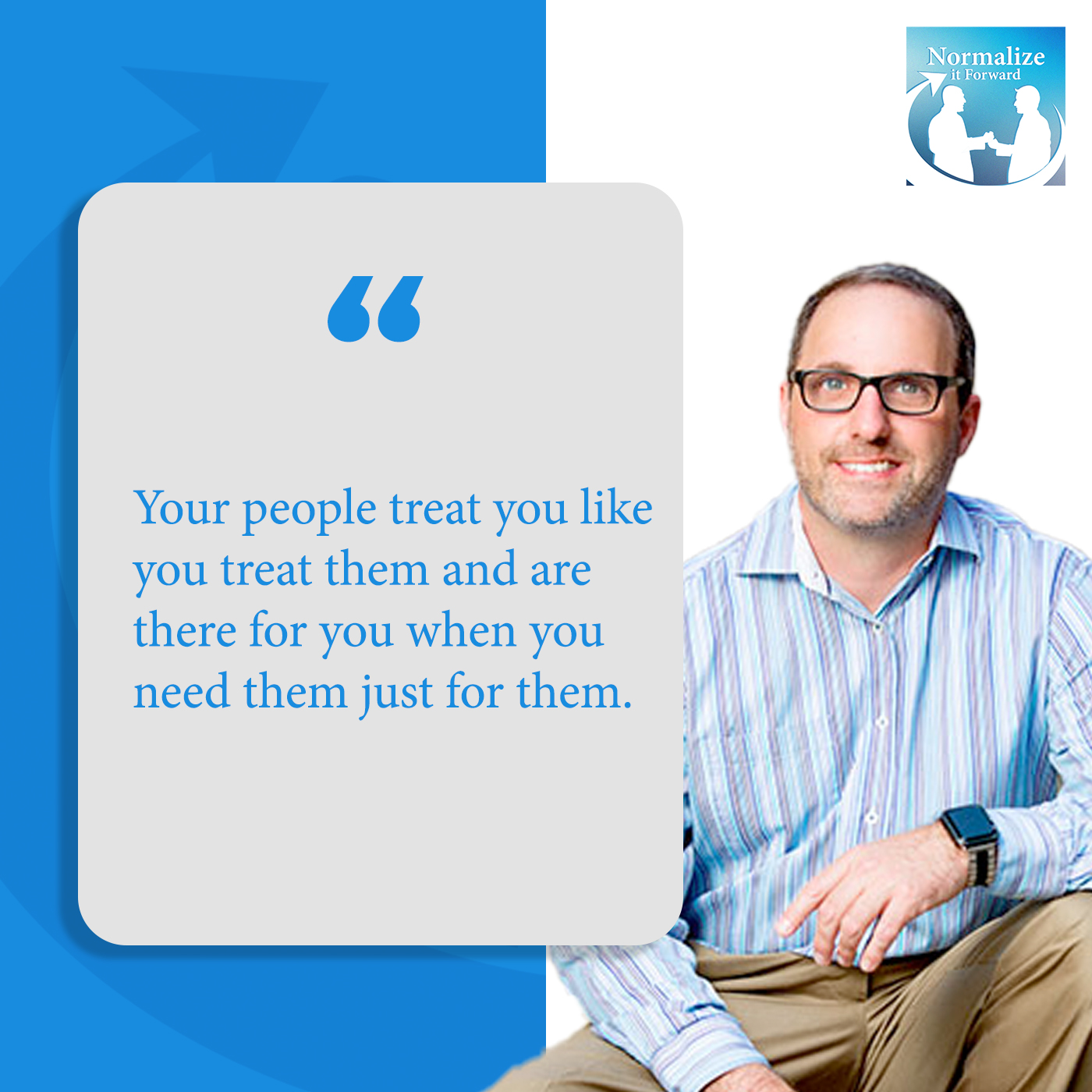
Yet we continue to try and make them our people. We continue to try and be like, “They were nice to me yesterday, so they’ll be nice to me tomorrow.” You shouldn’t have a friendship that’s an every other day friendship. Young people just they think it’s what should be. This is the negotiation of relationships young people have to figure out. The letting go of a friendship at any point of our lives, I don’t care how old we are, is painful and sad and no one wants to feel that. Part of it goes back to this idea of failure. It’s part of life. Not all relationships are lifetime relationships, even when we think they’re going to be. That’s really hard.
I think if you talk to enough young people, you hear those themes. You just hear them over and over again. You also hear what referencing earlier, that hidden world like, “I’m super depressed, but I don’t let people know that.” Especially males. I was talking with a student and we joked about this, but I think there’s some real truth to it. I had said to him, “When was the last time you cried openly in front of people?” He looked at me as though he had never done it. I said, “Just so you know, I asked that same question to a female an hour ago, and she said, ‘Your waiting room.’” there’s that sense of male-female split of how young men are able to embrace that. I’m sure you see that in your space.
Athletes, Mental Health & The Role Of Public Figures
This is why I love AJ Brown. There is some really important stuff happening. I agree that I think we’re getting a shift. We’re getting a shift in the AJ Browns, the Jason Kelsey’s like all of these tough NFL players and basketball players and all that stuff that are coming out and talking about mental health. We can say, “Kevin Love really started a lot of these conversations with basketball and all this stuff.” I think that we’re seeing it’s becoming the norm.
I’ve had some interactions with some former pro athletes and a lot of them are really starting to recognize like, “I need to talk about these things. I need to be open. I need to be sharing my story because I can have an impact on person X, Y, or Z. I can tell these young men.” We know there’s also an even bigger divide when it’s men of color versus not. Men of color have a whole very another level of, “I’m supposed to be strong.” I just want everybody to bow down to AJ Brown and his openness because I think that that is going to be a game changer. I like what he did for the author of that book. Just a game changer. He’s basically being like, “There’s nothing wrong with that.”
It’s funny, I was interviewing Damien Gregory, a colleague of mine who played in the NFL, and Damien nominated AJ. This is before the Super Bowl. I said, “If you get him on my show, I’ll be forever thankful.” I agree. He has opened doors for people, not just men, but it isn’t just around general mental health. I also think it’s around suicide specifically. To me, and I’m sure to you as well as a therapist, the scariest side of mental health for parents and for anyone is that, and yet, who are watching those numbers. Here’s the craziest part. Yes, suicide is the second leading cause of death. Years ago, it was number twelve. I always tell parents like, “It is moving in the wrong direction,” and there’s a reason for that.
By the way, attempts are three times that. We’re talking about these completed suicides. We’re not talking about the fact that you get three attempts to every completed suicide. The greatest predictor of future attempt is past attempt. People attempt multiple times.
I’m with you. It’s such a scary topic. As a therapist, I think we’ve talked about it a lot. It maybe is easier for us to talk about, but I tell parents all the time, please. Certainly, there’s things that are hard to talk about. Sex, puberty, I get all that. This is one of those topics that nobody is immune to. One of the greatest things that I hear Eric say all the time from Same Here is five and five, we are all susceptible. I really believe that. I believe that in all the wrong circumstances, these things come out. Just when you think that guy or that young lady, they’re fine. They’re not. Ask them.
Destigmatizing Therapy & Treating Mental Health Like Physical Health
I think what one of the things that I also appreciate about Eric’s messaging is that mental health and physical health are equally important. We go for yearly physicals. We don’t hesitate. I didn’t feel well last week. I didn’t hesitate to walk into the doctor like. It’s very funny, as a therapist, it’s not like I say to my clients, “When I go to therapy.”
I had a client say to me, “I don’t know anything about you.” I was like, “What do you want to know? Within reason, I’ll answer you.” She was like, “Do you go to therapy?” First she said, “Do you have a mental illness?” I said, “I don’t actually think of things that way.” She goes, “Do you have issues?” I was like, “Doesn’t everybody?” She kept poking the bear and I finally was like, “What do you want to know? Do you want to know if I go to therapy?” She said, “Yes.” I said, “Yeah, I go to therapy.” She was shocked I answered her. I think she was also shocked that I go, “Why not?” I’ve got to practice what I preach. If I’m telling you to go to therapy, I’m going to go to therapy.
I think that surprises people. We always joke like, “Who’s the therapist to the therapist to the therapist?” At what point, does the threat end? Mental health and physical health, we know they play off each other and we know that they’re equal importance. If we are not paying attention to that, we’re really missing the mark.
I think our physical health and our mental health, I’ve really thought this really for my entire adult life. We have two choices. We either take care of them or they take care of us. For young people, it’s unfortunate, but I know young people that don’t go get annual physicals. They don’t go to the dentist, they don’t do this, they don’t do that.
I say it all the time, “If you’ve got things that are troubling you,” and everybody knows what that means, “Go see a therapist.” I’ve done it many times and it’s really helped, simply put. Jen, your breath of fresh air. You’re fun to talk to. I feel like I could talk to you all day and unfortunately, I’m sure we’ve got other things we got to move on to at some point.
That may be true.
Who’s Next? Passing the Torch
Let me ask you one last question. Part of the show is I ask if you’ve got a person, a friend, a relative, a coworker, AJ’s already taken by the way, to nominate. Feel free to throw a name out. I’d love to interview them next.
I’m going to nominate a young woman who I met at an event. Her name is Olivia Healy. She is amazing. A young Gen Z-er who made a short film about her panic attack. Brilliant. Smart. She really wants to open up people’s ability to talk about what anxiety is like, as it has impacted her and as it impacts young people. I am going to suggest that she be involved in this convo because I think she’ll bring some great ideas to the table.
I really appreciate it. I super look forward to connecting with her and get her info from you offline. I appreciate you nominating her. I don’t usually do this, but I’m going to break this one. Please go back when you get a chance and watch Emma Benoit’s interview. I interviewed her. She’s a young lady. She’s actually a suicide survivor.
I interviewed her a couple of shows ago. Unbelievable young lady. Readers, if you haven’t seen it, please go back. Most importantly, I appreciate your time, Jen, really, and this was great. I don’t often have therapists on, so this was really helpful for me to hear your side of things. Things are a little different in Manhattan than they are in Connecticut, so it’s always nice to hear a different view. I didn’t even ask you about the Yankees and the Mets. I won’t even go there.
I’m a Mets girl. Sorry.
You’re a Mets girl. All right. We we’re going to disagree on one thing. That’s all.
That’s okay. Thanks for having me, Mark. I really appreciate it. Thanks for all you’re doing to just have the conversations, it’s so important.
I appreciate it. Have a wonderful rest of your day.
Thanks. You, too.
Thanks.
Important Links
- Dr. Jennifer Hartstein
- Hartstein Psychological Services
- Mental Capital
- Princess Recovery: A How-to Guide for Raising Strong, Empowered Girls Who Can Create Their Own Happily Ever Afters
- Faster Than Normal
- Faster Than Normal
- The Gift of Failure
- Addressing Alarming Suicide Rates With Emma Benoit – Past Episode
About Dr. Jen Hartstein
 Jennifer L. Hartstein, PsyD, is the owner of Hartstein Psychological Services, a group psychotherapy practice in New York City. Dr. Jen works with children, adolescents, and their families with a wide range of psychological diagnoses and specializes in the treatment of high-risk children and adolescents. She has received intensive training in adolescent suicide assessment and has specialized in this population for several years, using a variety of treatment approaches, including Dialectical Behavior Therapy.
Jennifer L. Hartstein, PsyD, is the owner of Hartstein Psychological Services, a group psychotherapy practice in New York City. Dr. Jen works with children, adolescents, and their families with a wide range of psychological diagnoses and specializes in the treatment of high-risk children and adolescents. She has received intensive training in adolescent suicide assessment and has specialized in this population for several years, using a variety of treatment approaches, including Dialectical Behavior Therapy.
Additionally, Dr. Jen is the cofounder of Mental Capital, working with companies large and small to attract, hire and retain neurodiverse employees and staff while helping to create neuroinclusive work environments. Dr. Jen frequently speaks with companies about mental health, stress reduction and how leaders can create healthy work environments for their employees. Dr. Jen is on the executive committee and is a board member for Active Minds, an organization working to decrease the stigma of mental health. She is part of the Practitioner Alliance of We’re All a Little “Crazy,” a global mental health initiative.
Dr. Jen was a self-esteem ambassador for Dove’s Real Beauty campaign and was on the advisory board for MTV’s A Thin Line, which focused on the digital behaviors of today’s young people. Dr. Jen is the author of Princess Recovery: A How-to Guide for Raising Strong, Empowered Girls who Can Create Their Own Happily Ever Afters and is a regular contributor to a variety of media outlet, including, but not limited to NBC News Now, NBC’s The Today Show, Huffington Post, Parents Magazine and more.

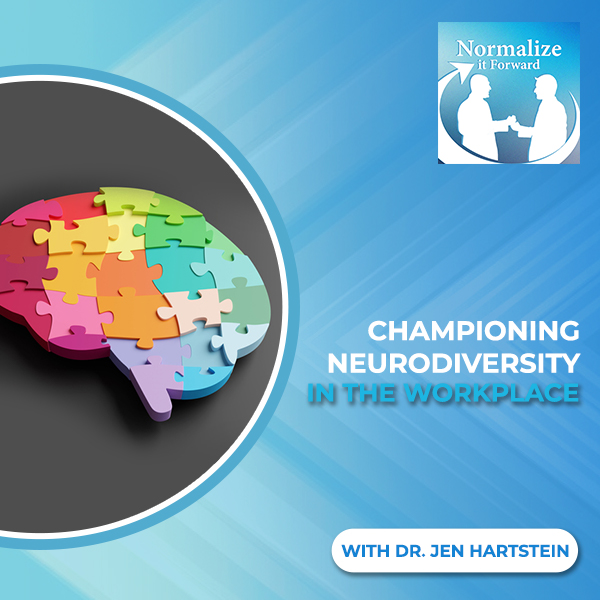
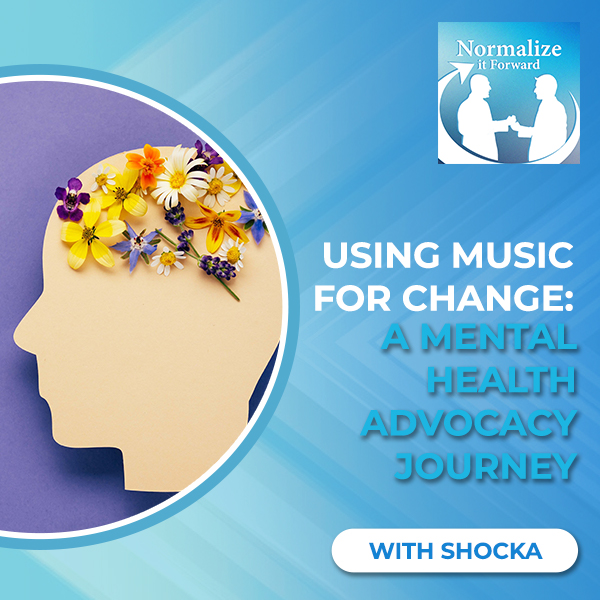
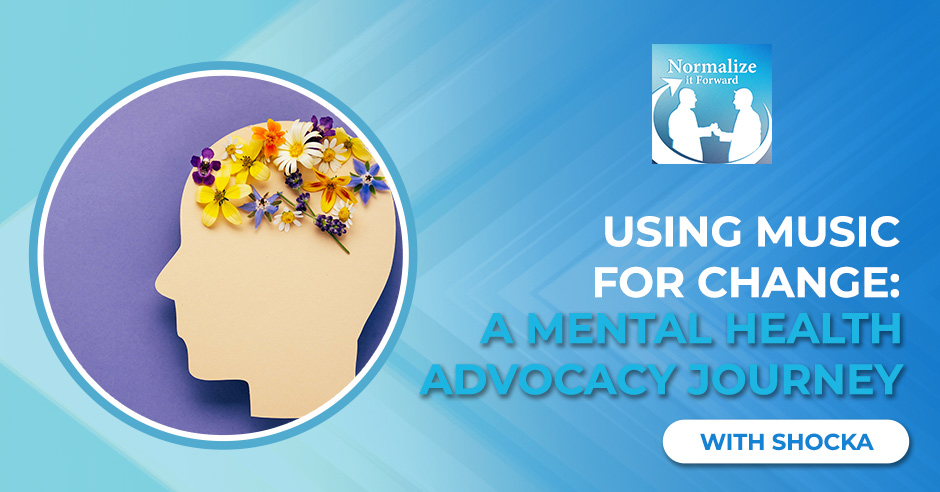
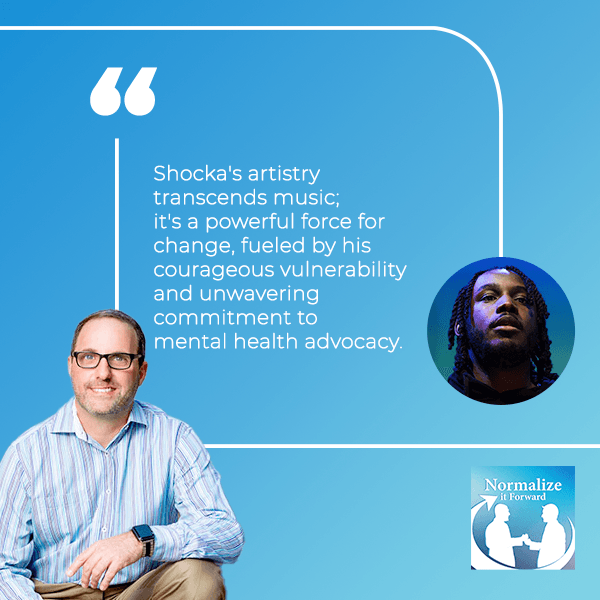
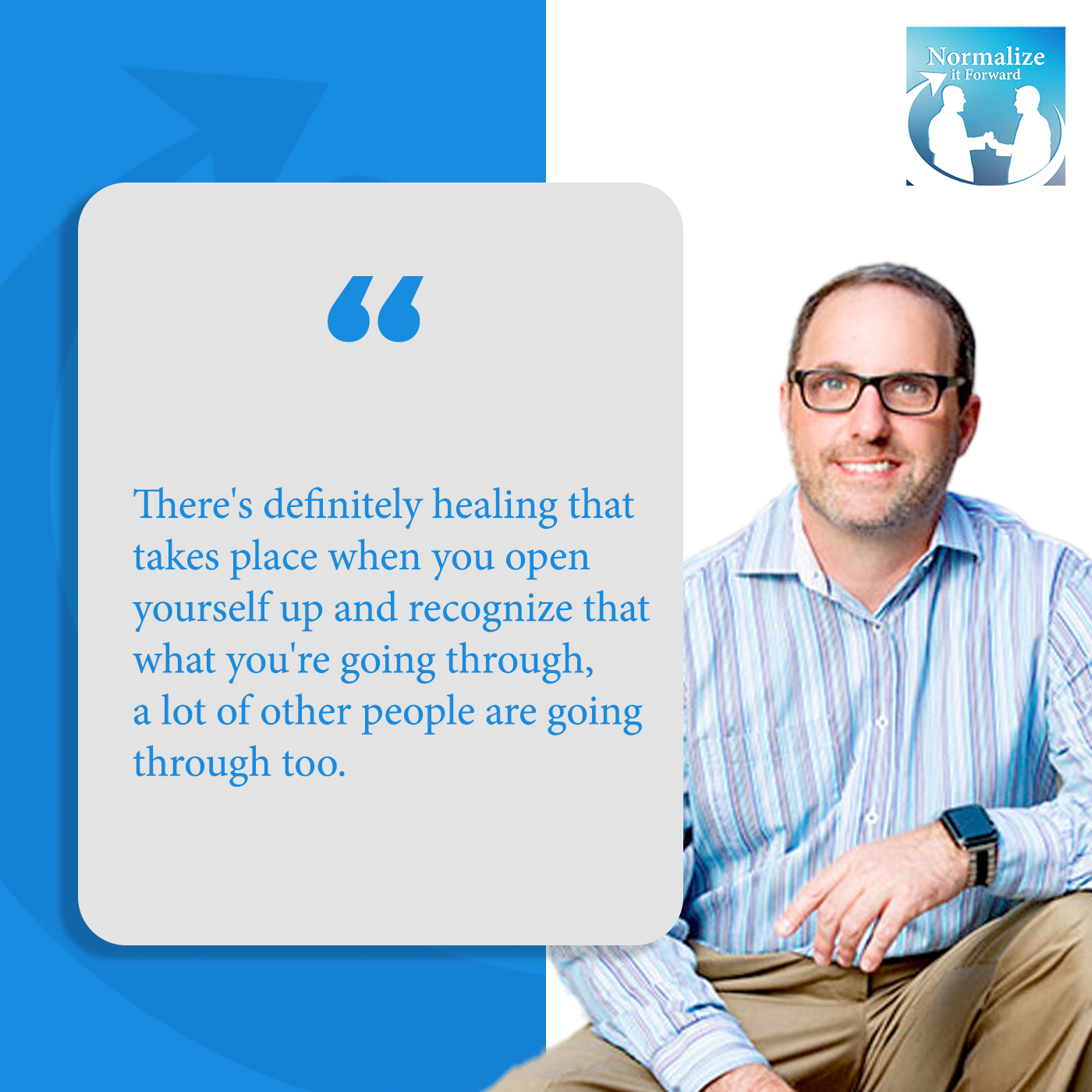
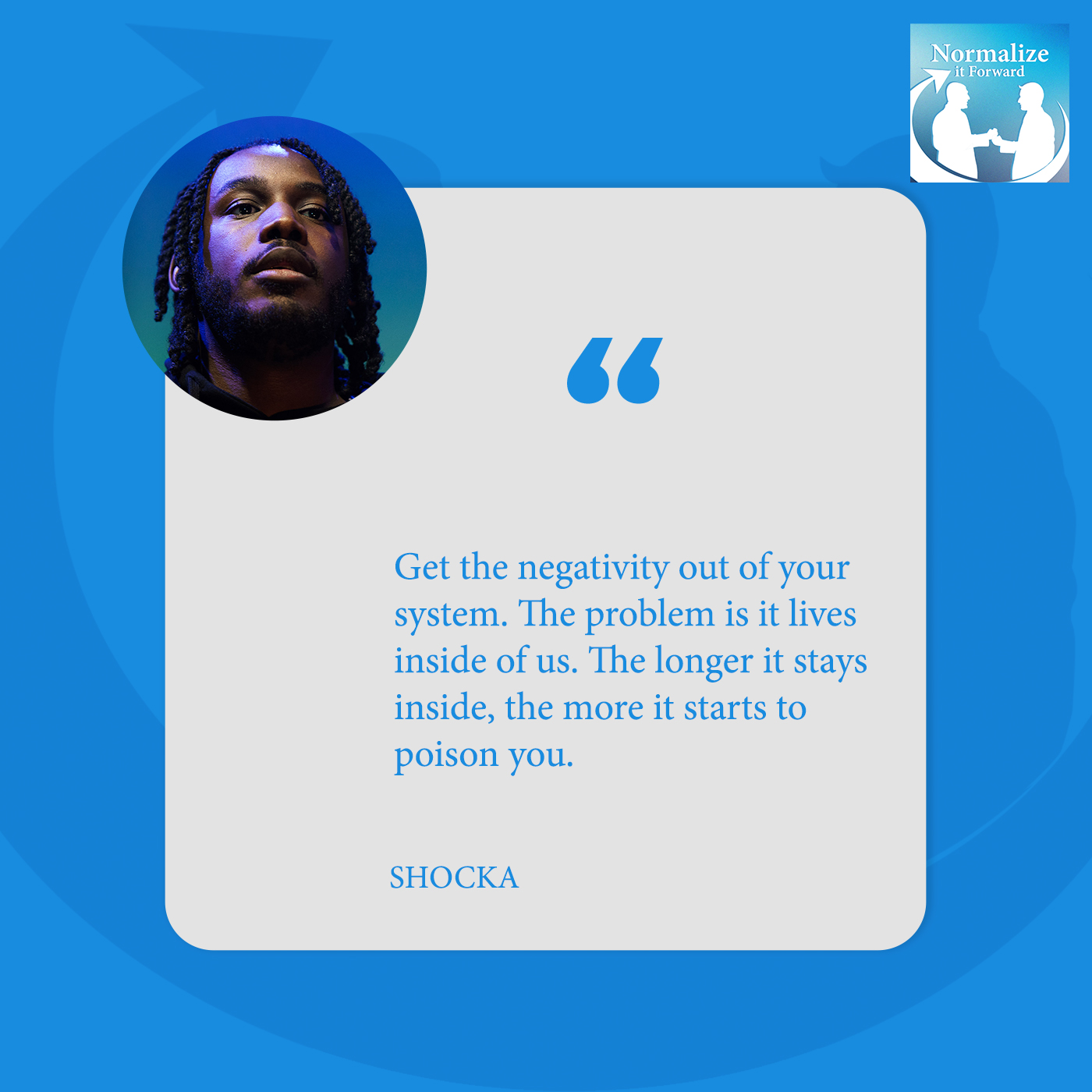
 Kenneth Erhahon better known by his stage name Shocka, is a rapper and mental health advocate from London.
Kenneth Erhahon better known by his stage name Shocka, is a rapper and mental health advocate from London.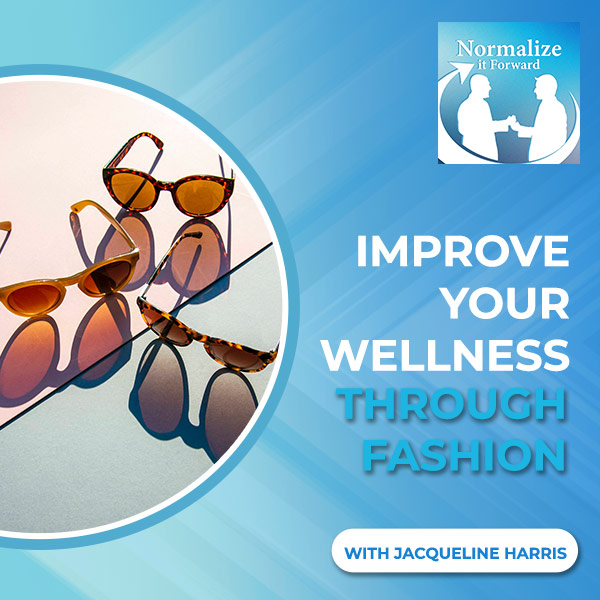
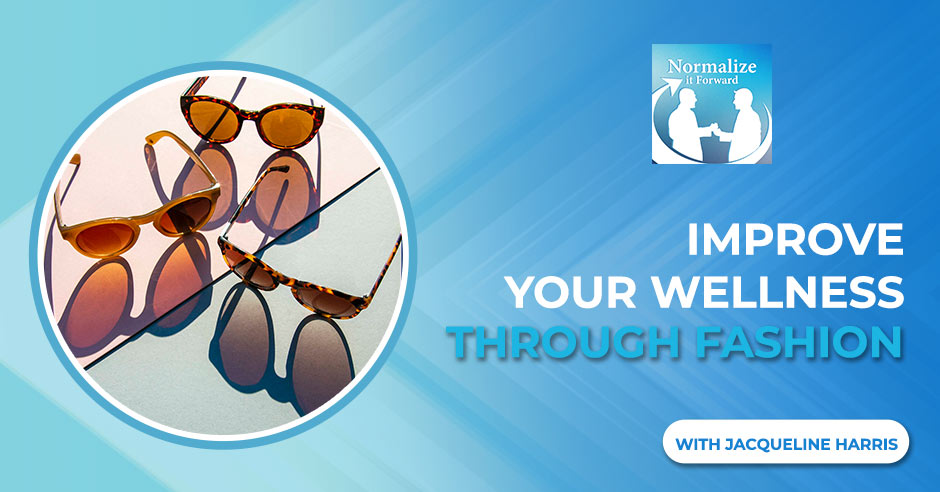
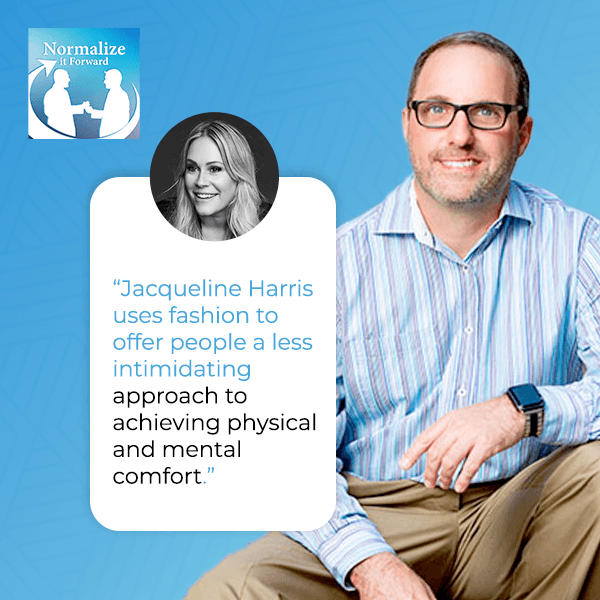
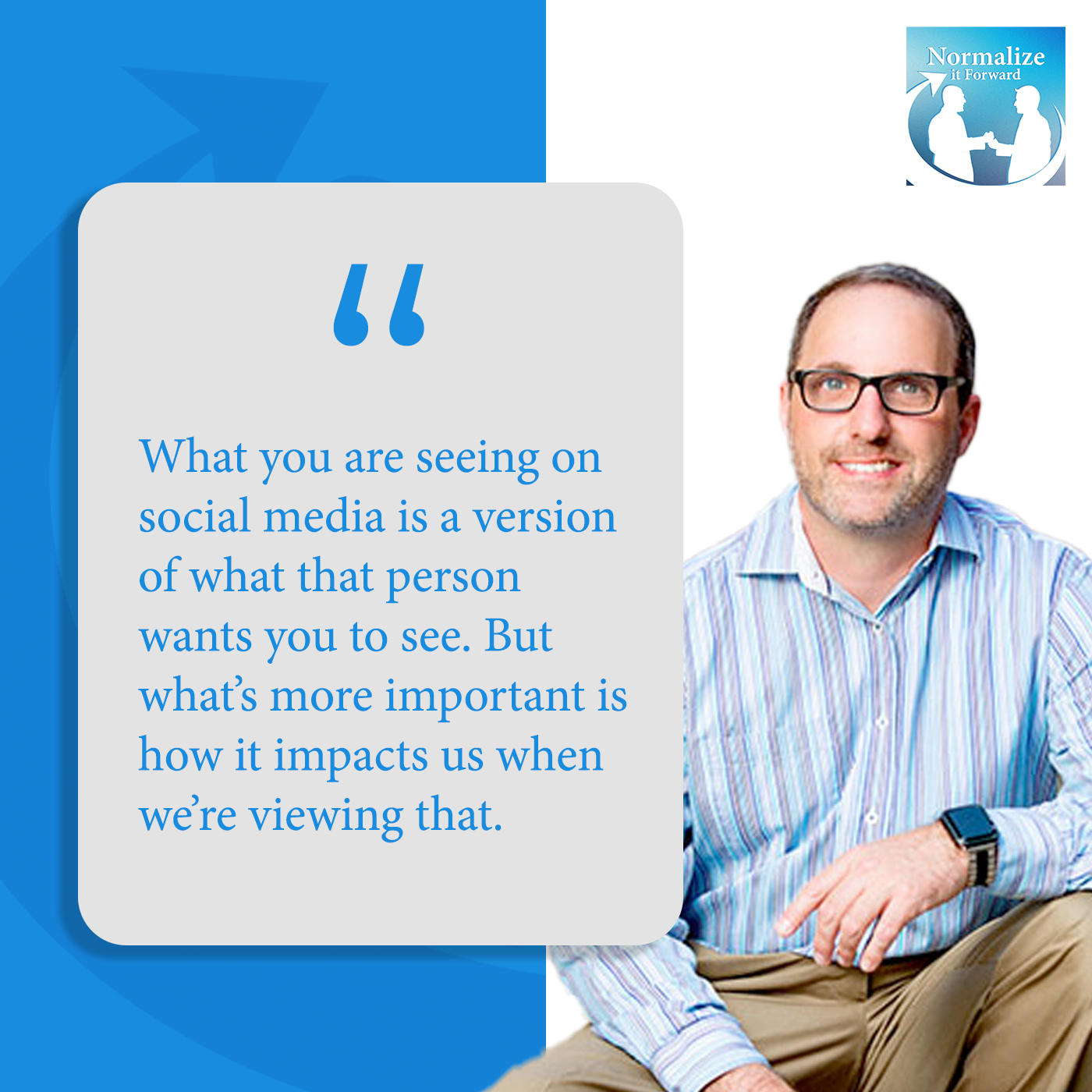
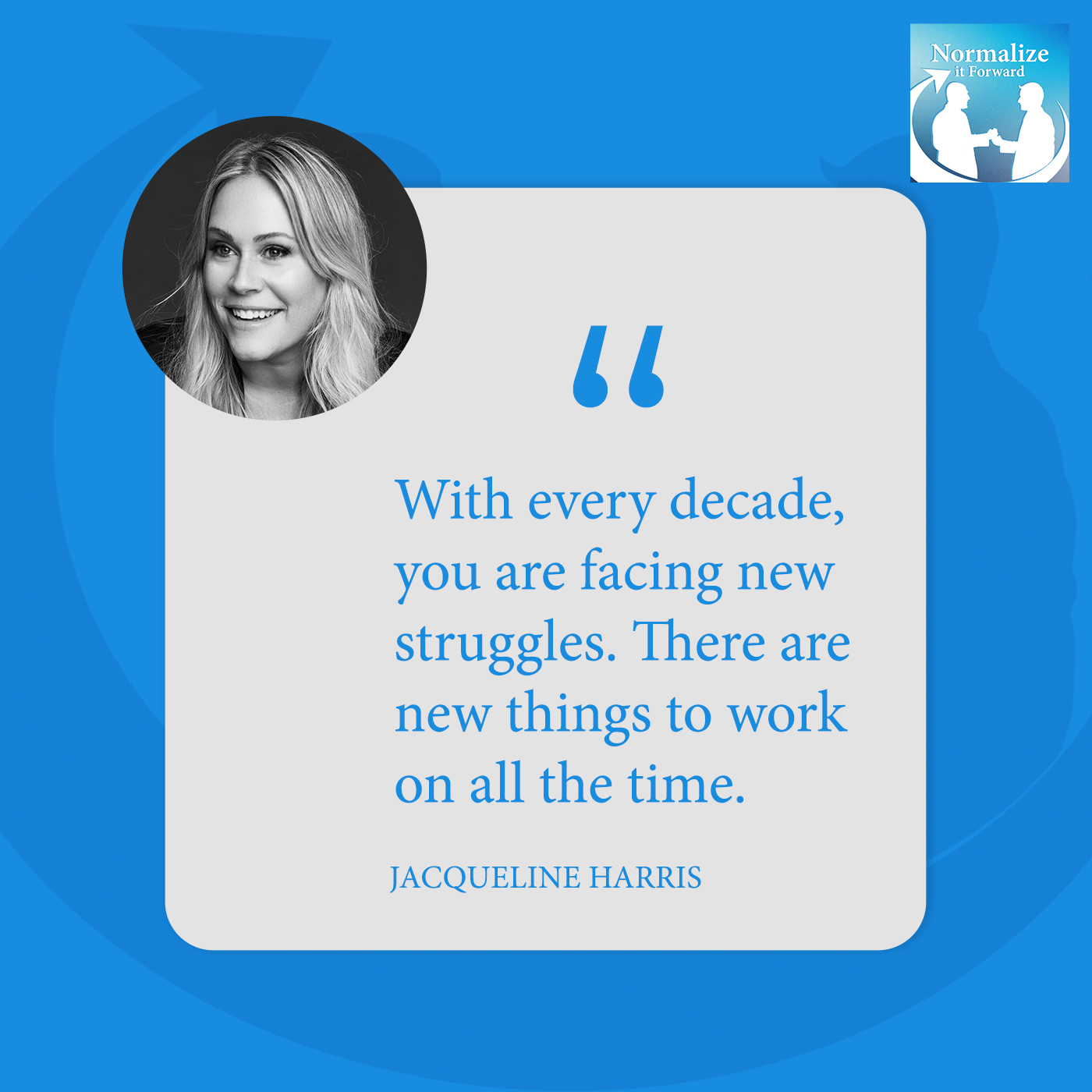
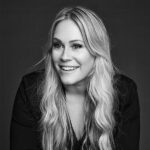 Jacqueline brings over 20 years of experience in fashion, alongside a master’s degree in counseling psychology, to her work as a designer and advocate for mental health. Her journey through recovery from an eating disorder inspired her to create a fashion line that promotes both style and self-acceptance.
Jacqueline brings over 20 years of experience in fashion, alongside a master’s degree in counseling psychology, to her work as a designer and advocate for mental health. Her journey through recovery from an eating disorder inspired her to create a fashion line that promotes both style and self-acceptance.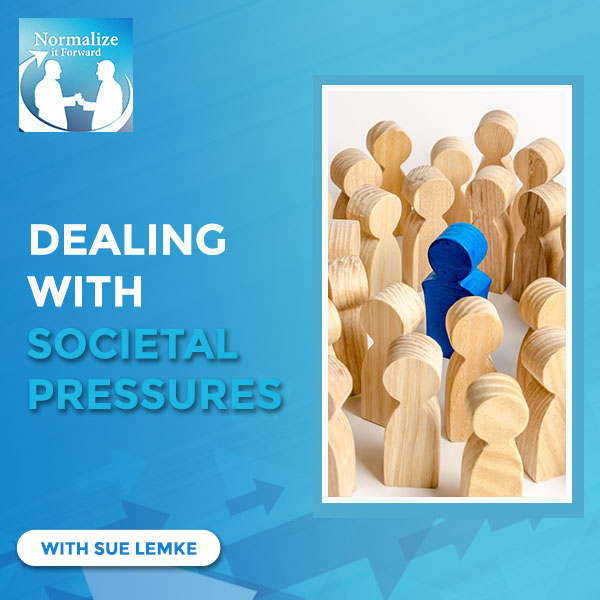
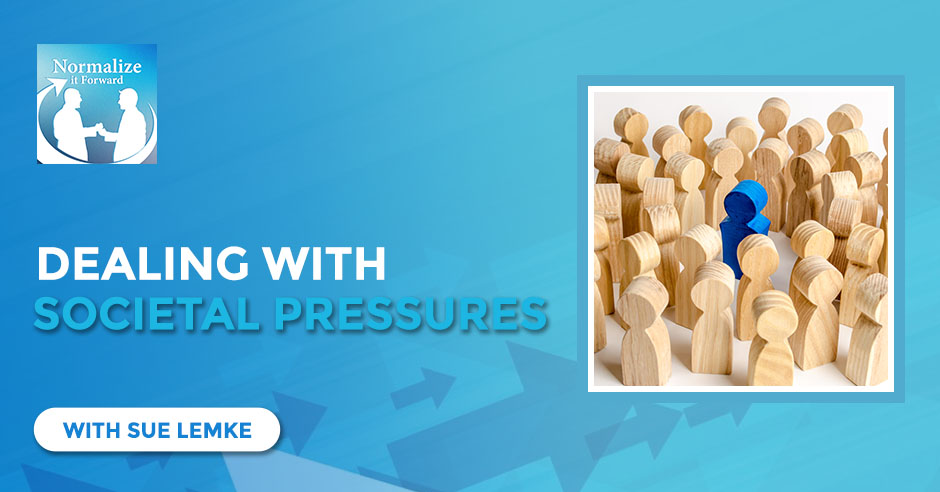
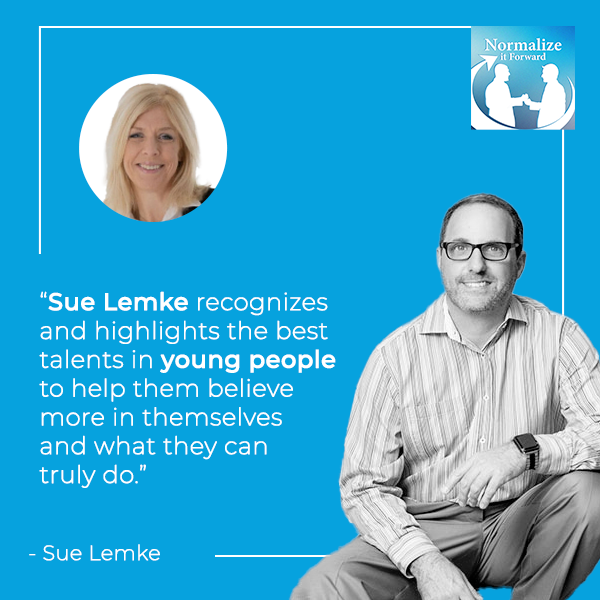
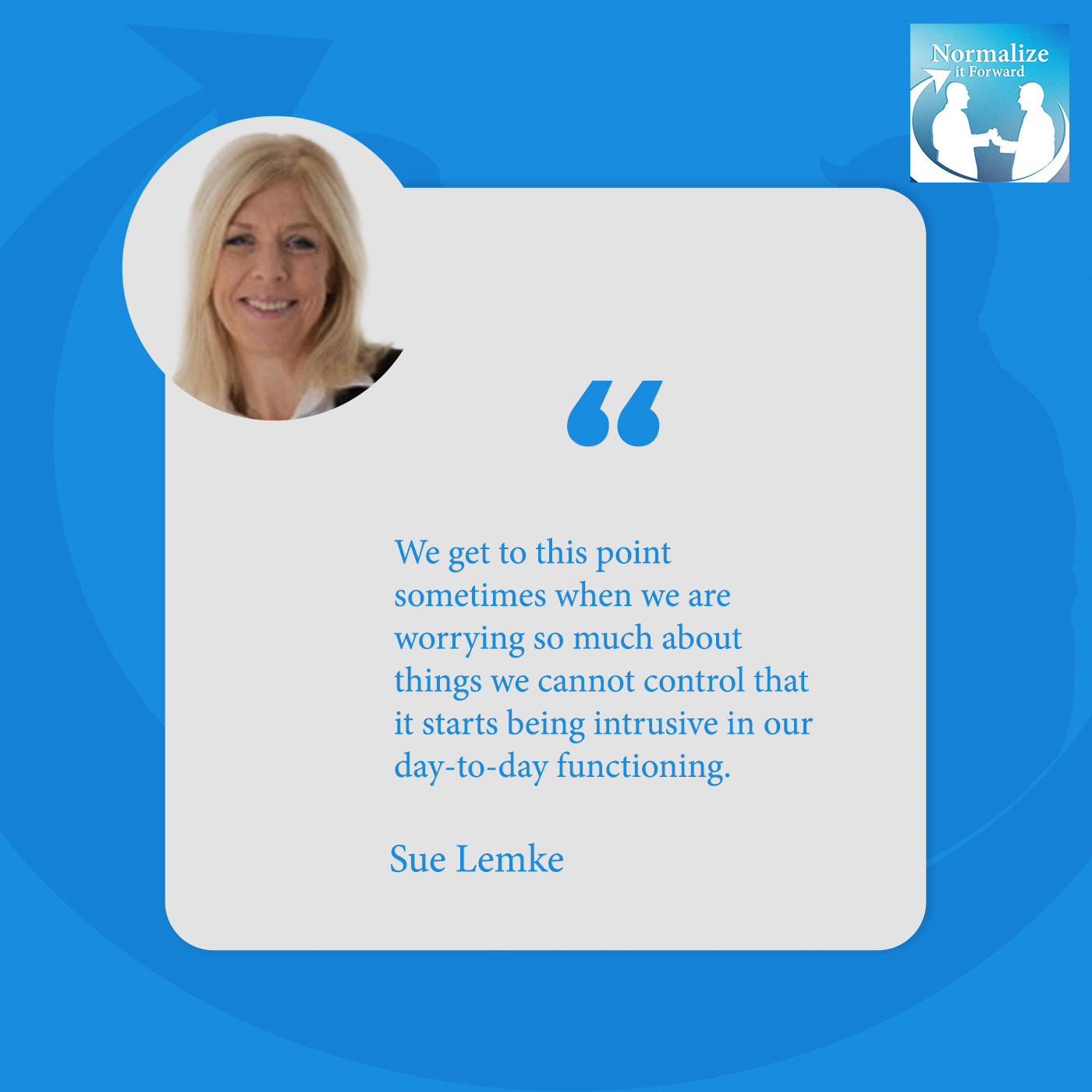
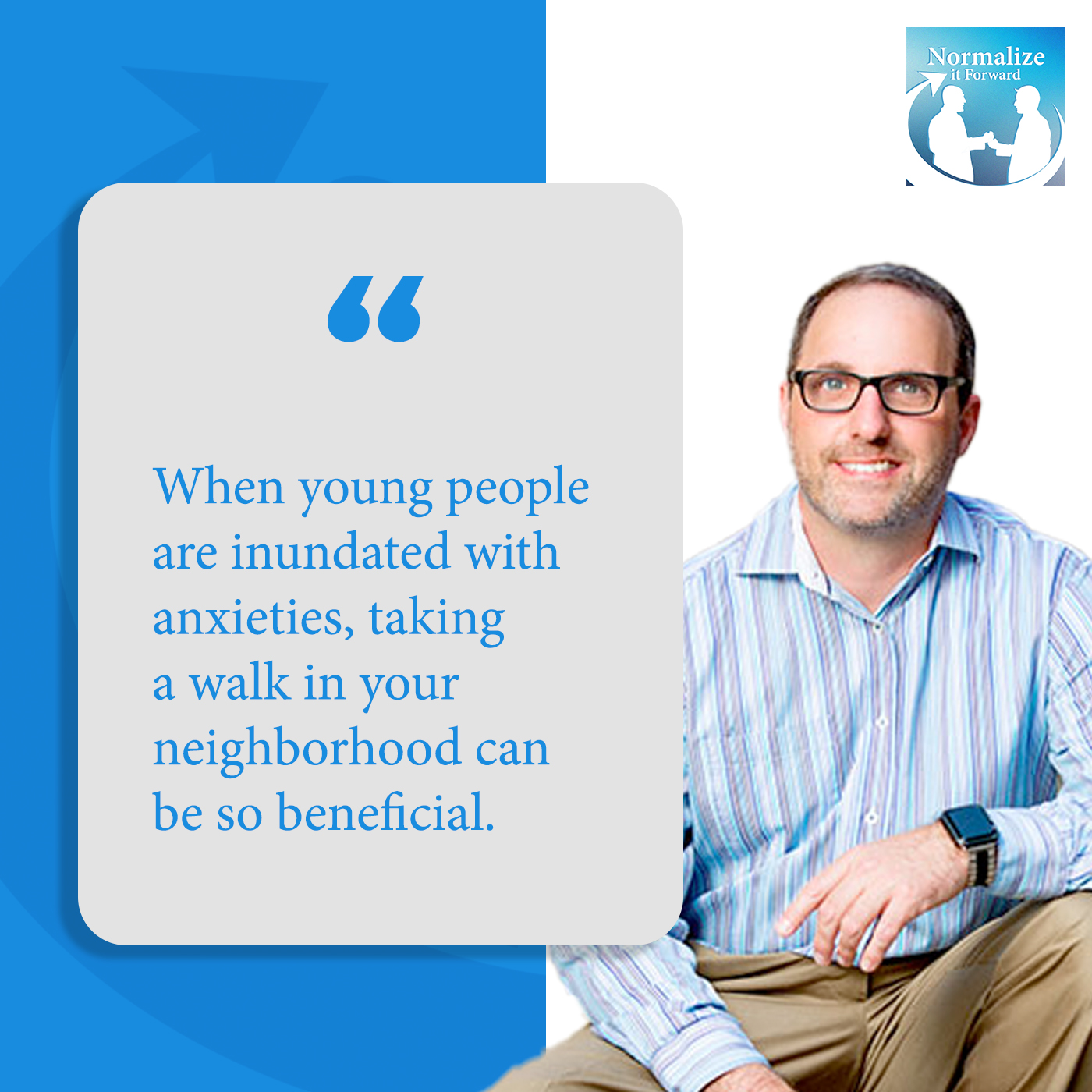
 Sue Homrok-Lemke is the Assistant Superintendent of Teaching & Learning in Simsbury, CT. She is also a lecturer/adjunct of Educational Leadership at Central Connecticut State University, working with aspiring administrators.
Sue Homrok-Lemke is the Assistant Superintendent of Teaching & Learning in Simsbury, CT. She is also a lecturer/adjunct of Educational Leadership at Central Connecticut State University, working with aspiring administrators.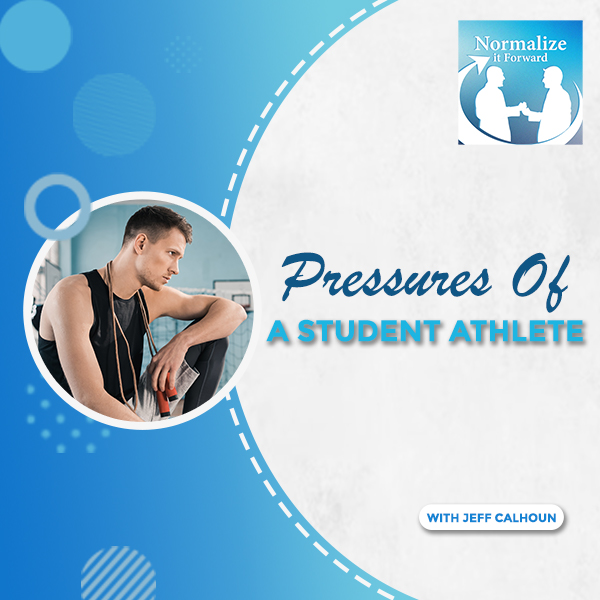
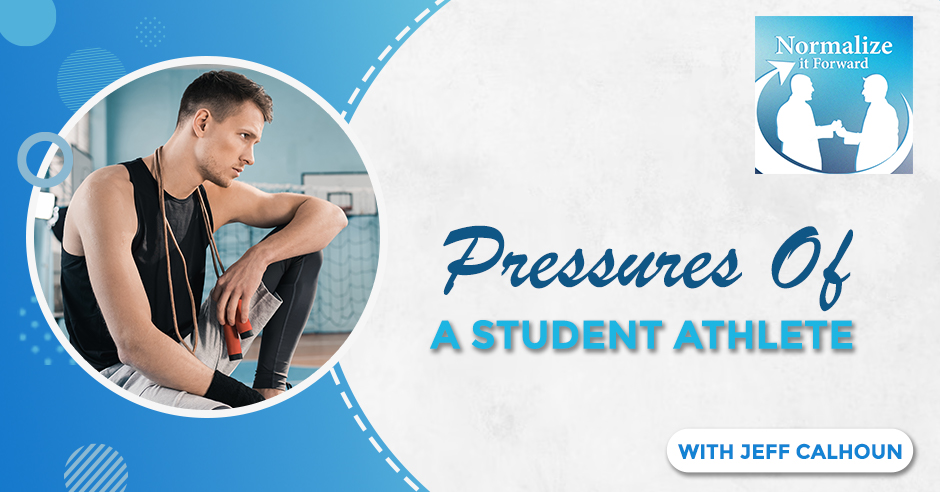
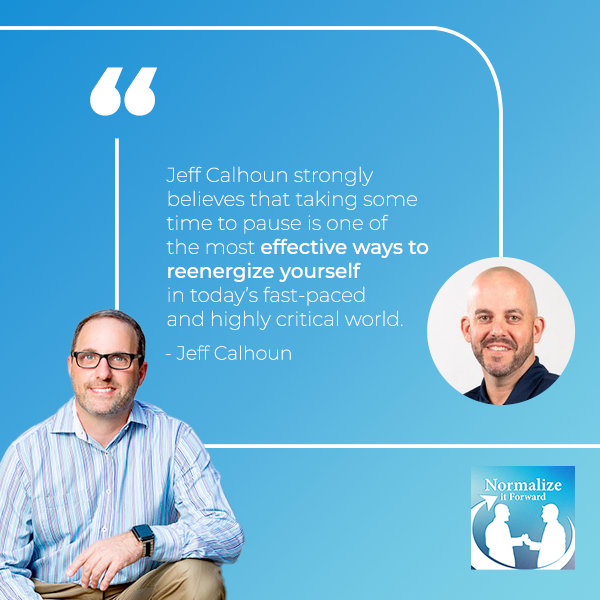
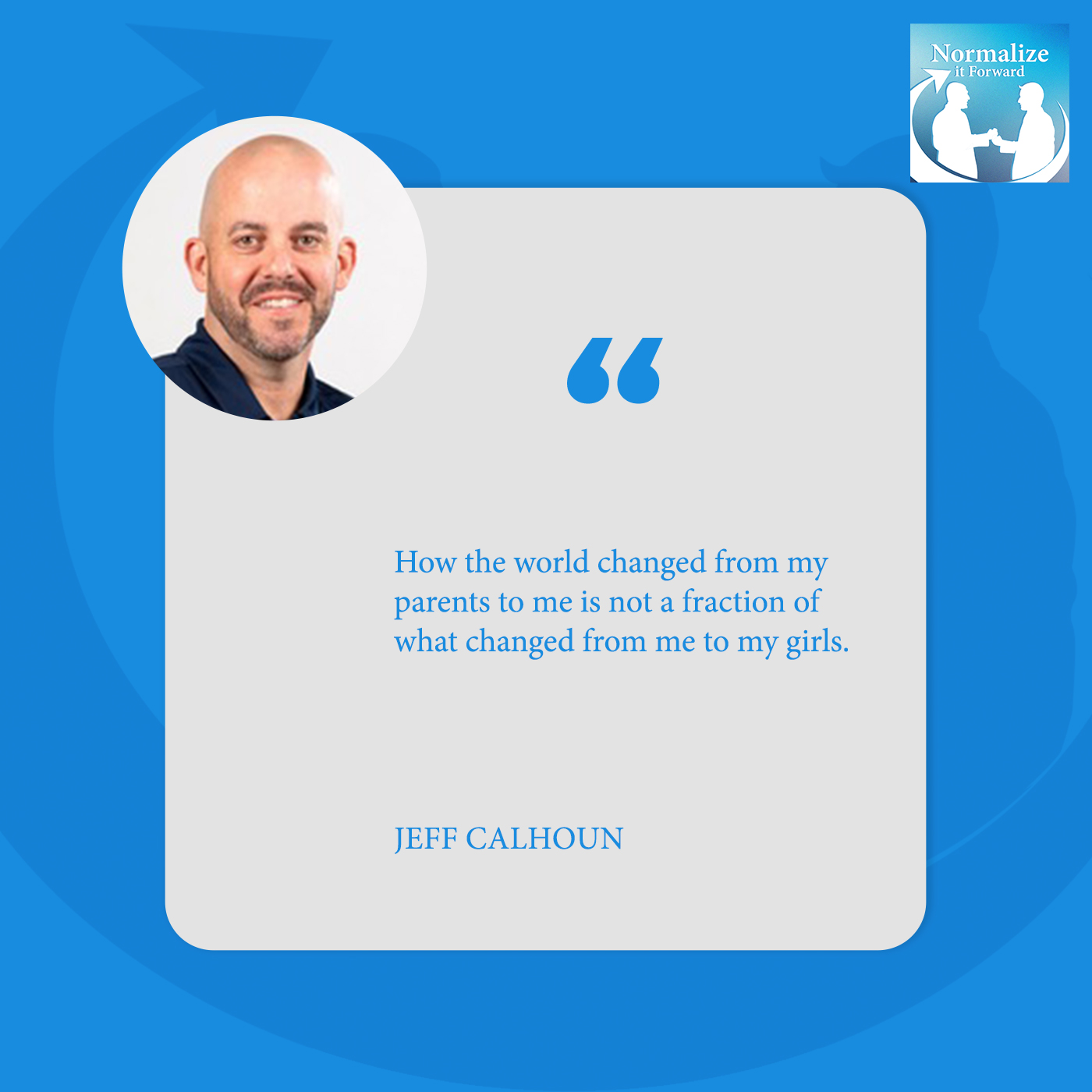
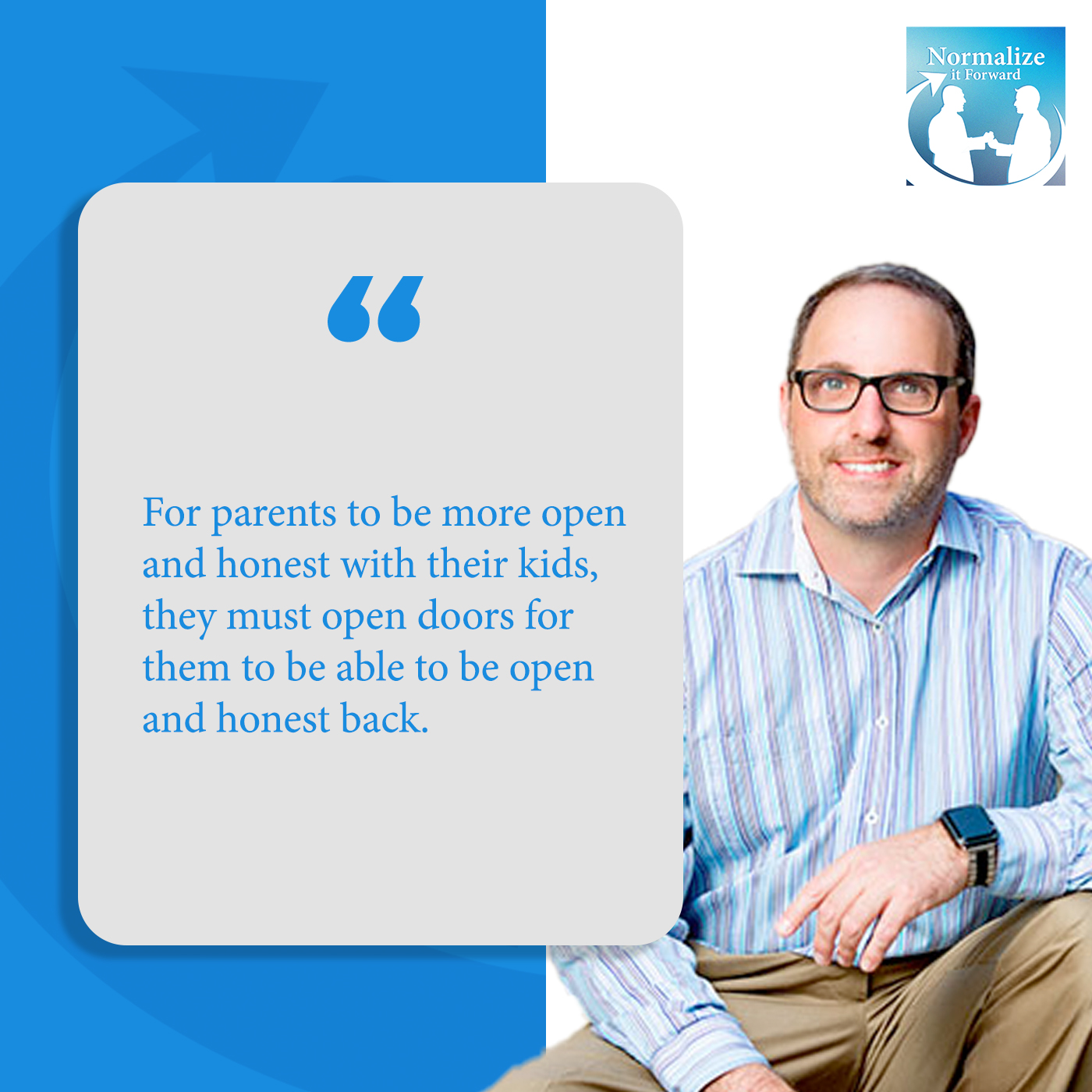
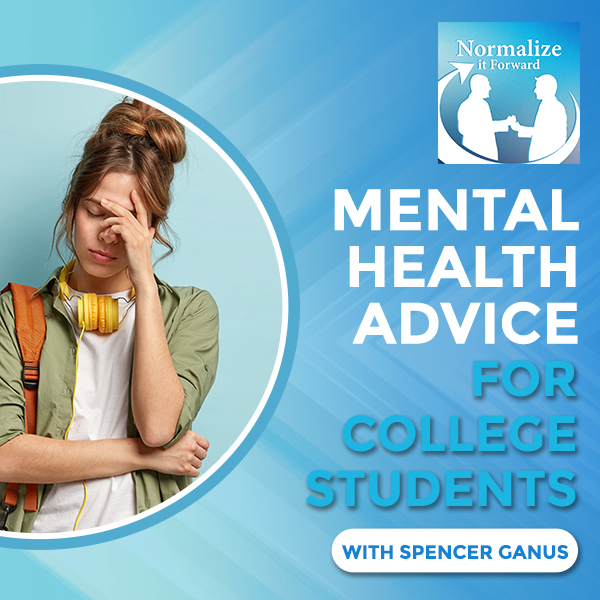
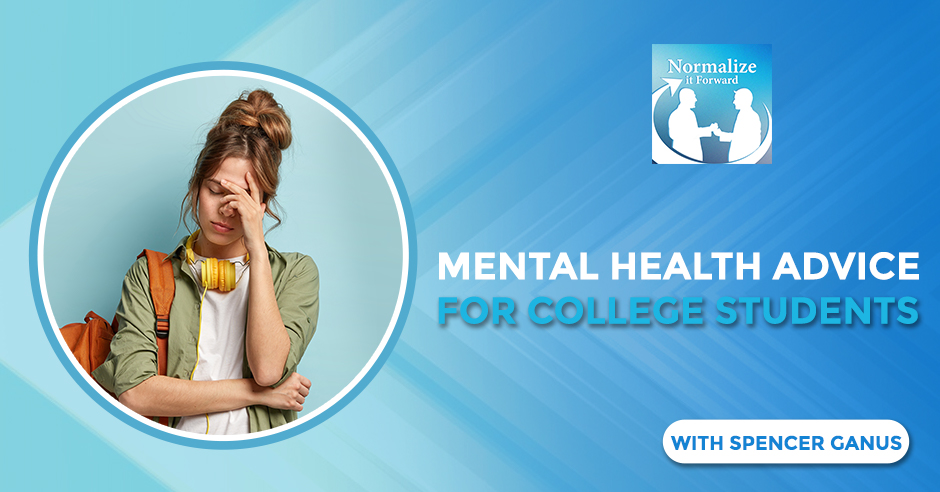
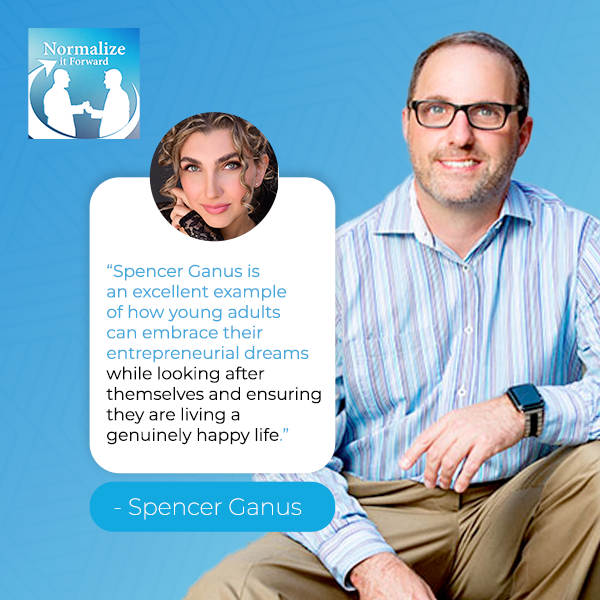
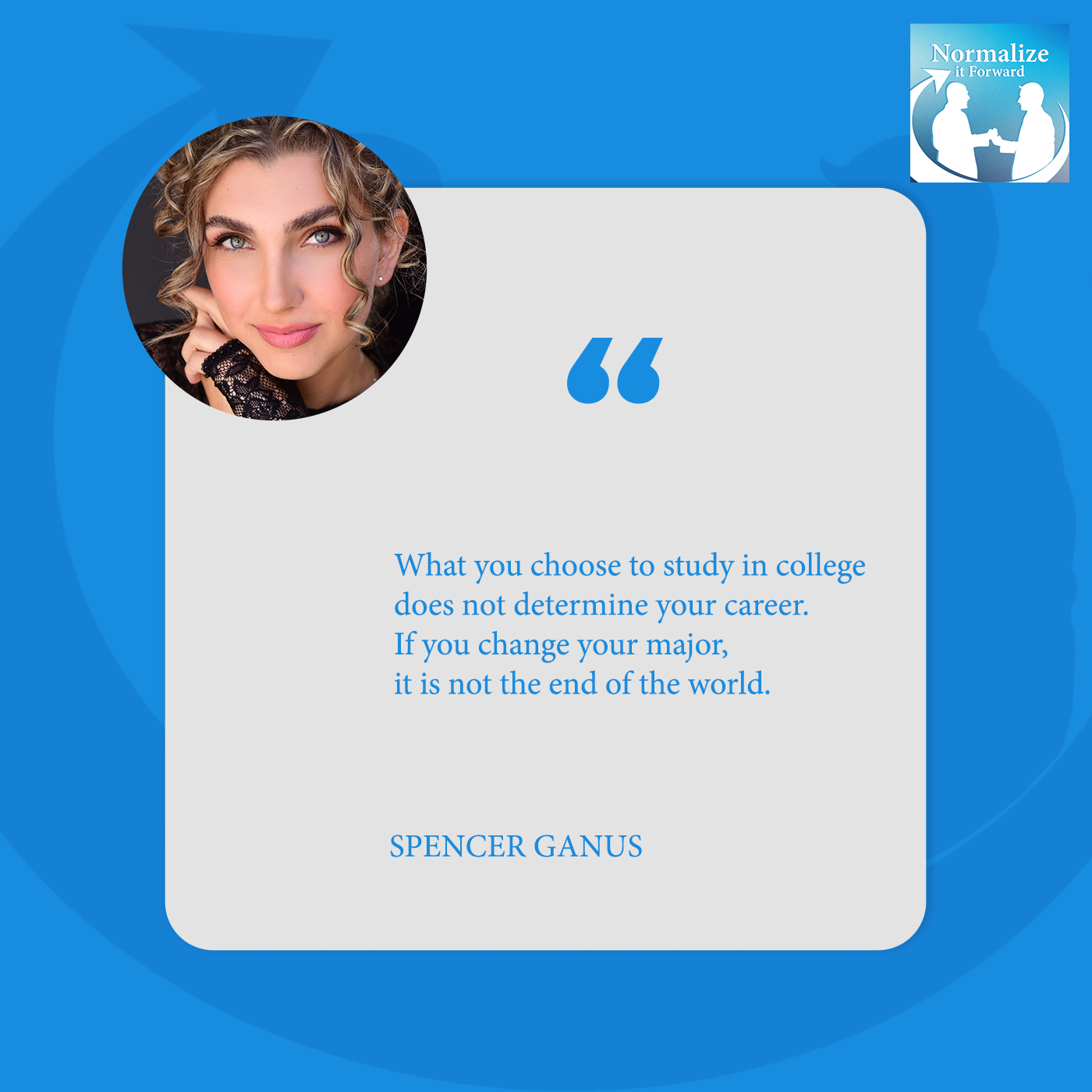
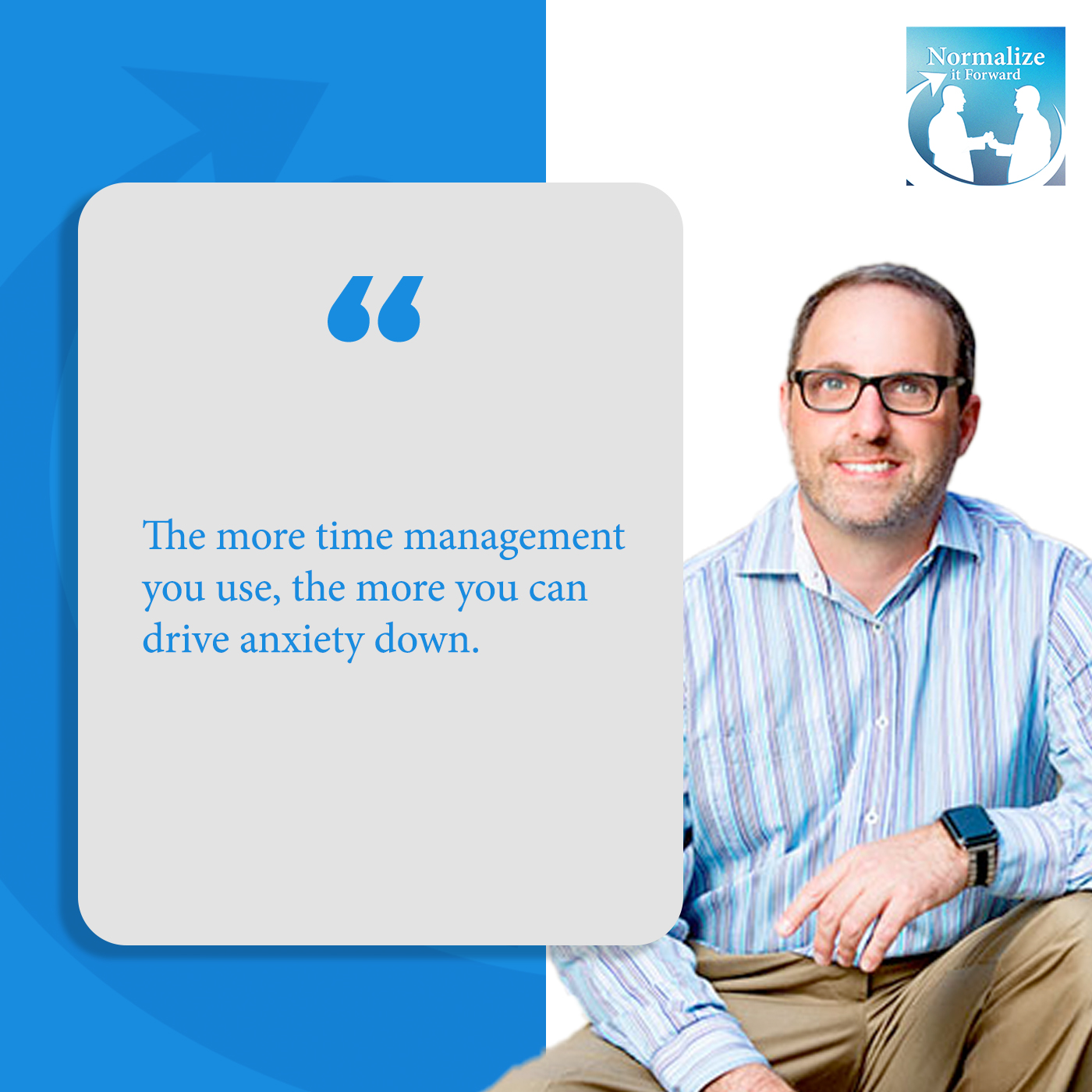
 Spencer Lacey Ganus , who is an actress and voice actress. 2 of her roles She’s best known for are the Comedy Central television series, South Park As Ike as, as well as teen Elsa in frozen.
Spencer Lacey Ganus , who is an actress and voice actress. 2 of her roles She’s best known for are the Comedy Central television series, South Park As Ike as, as well as teen Elsa in frozen.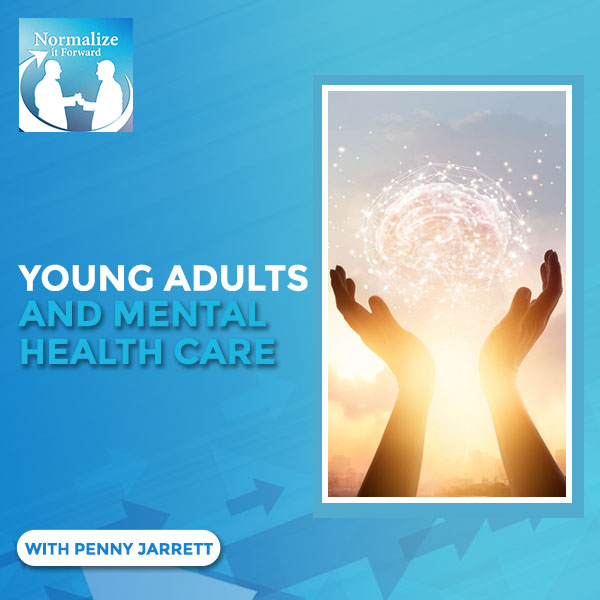
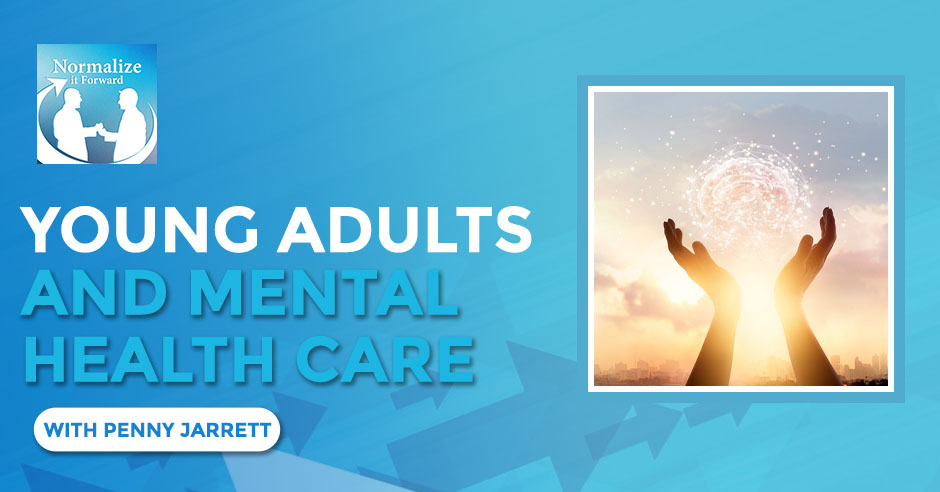
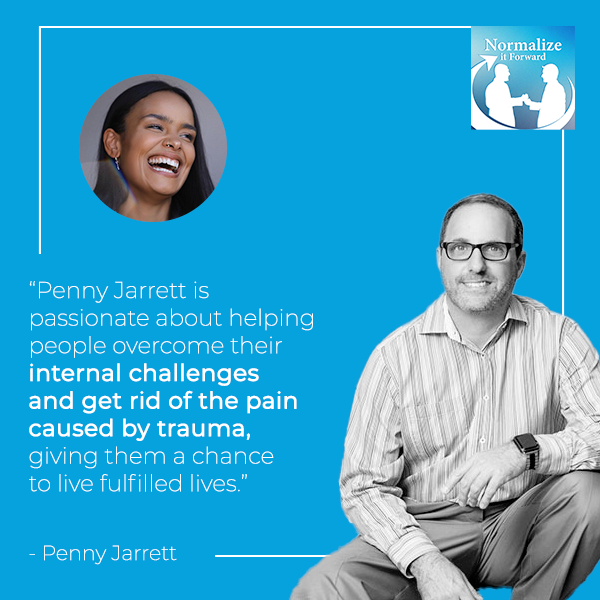

 I’m Penny and I am a woman on a mission to help heal the world by spreading as much joy as possible and encouraging people to truly understand and love themselves.
I’m Penny and I am a woman on a mission to help heal the world by spreading as much joy as possible and encouraging people to truly understand and love themselves.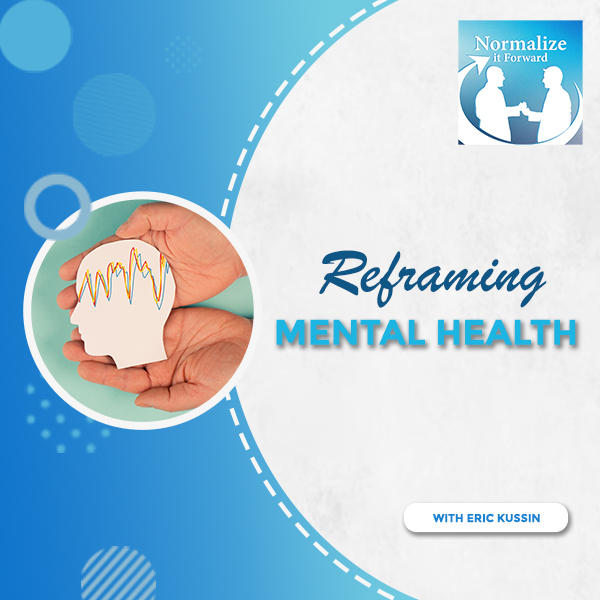
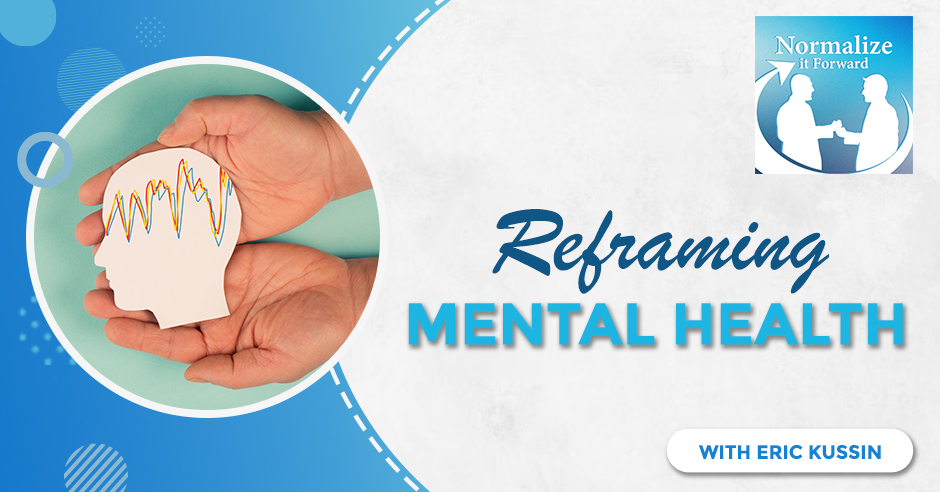
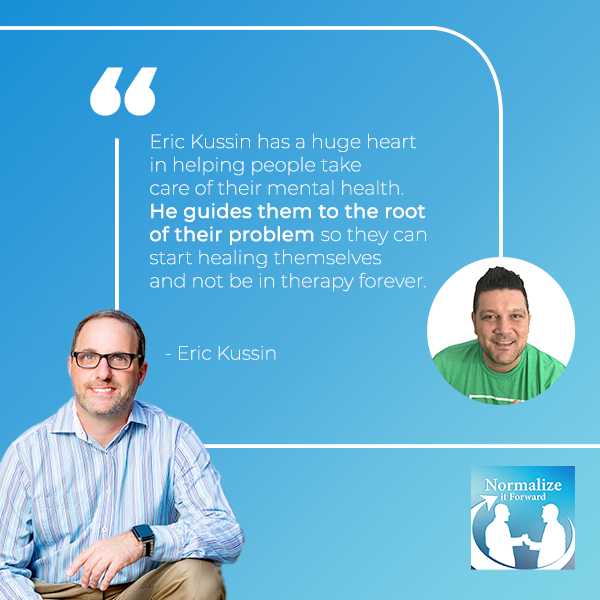
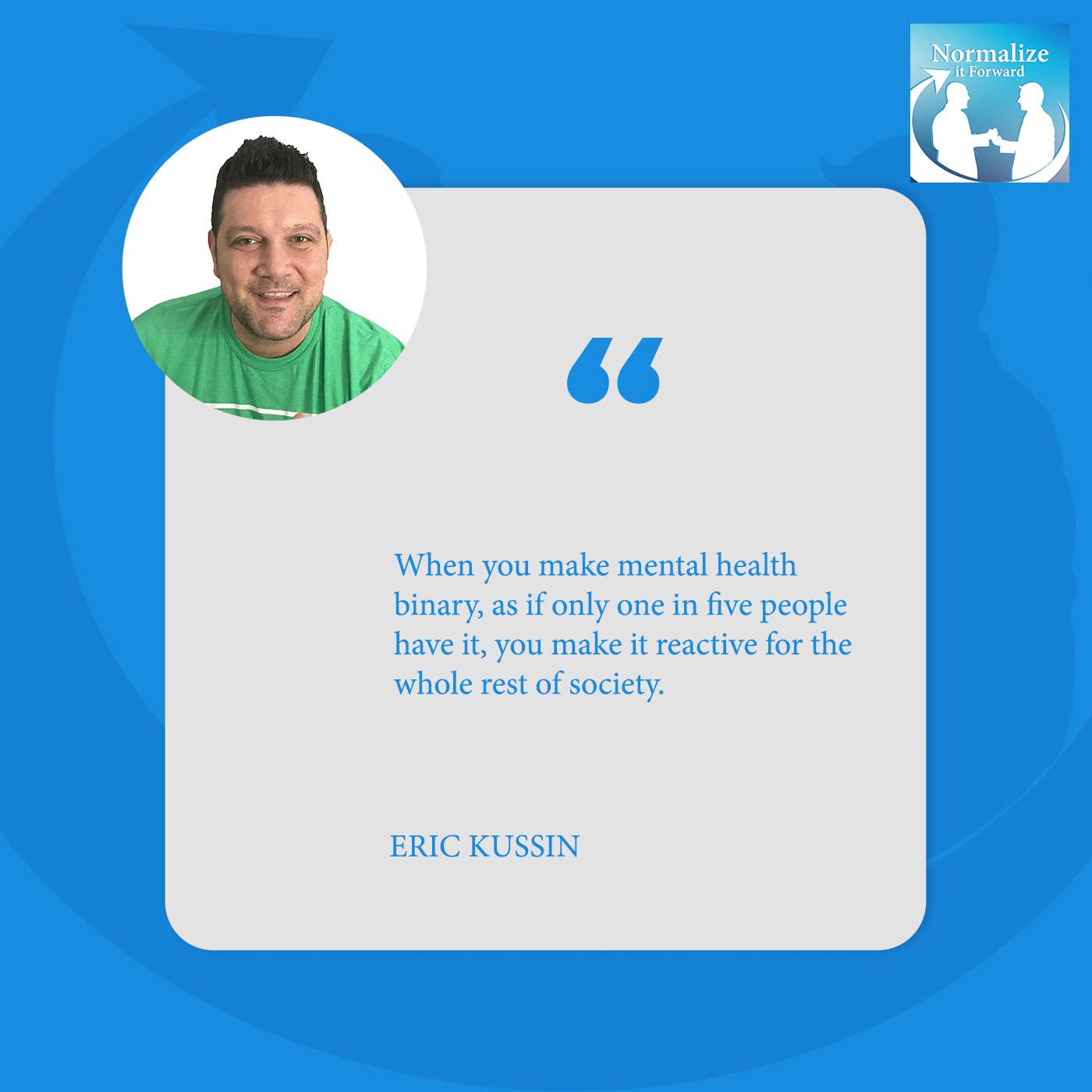
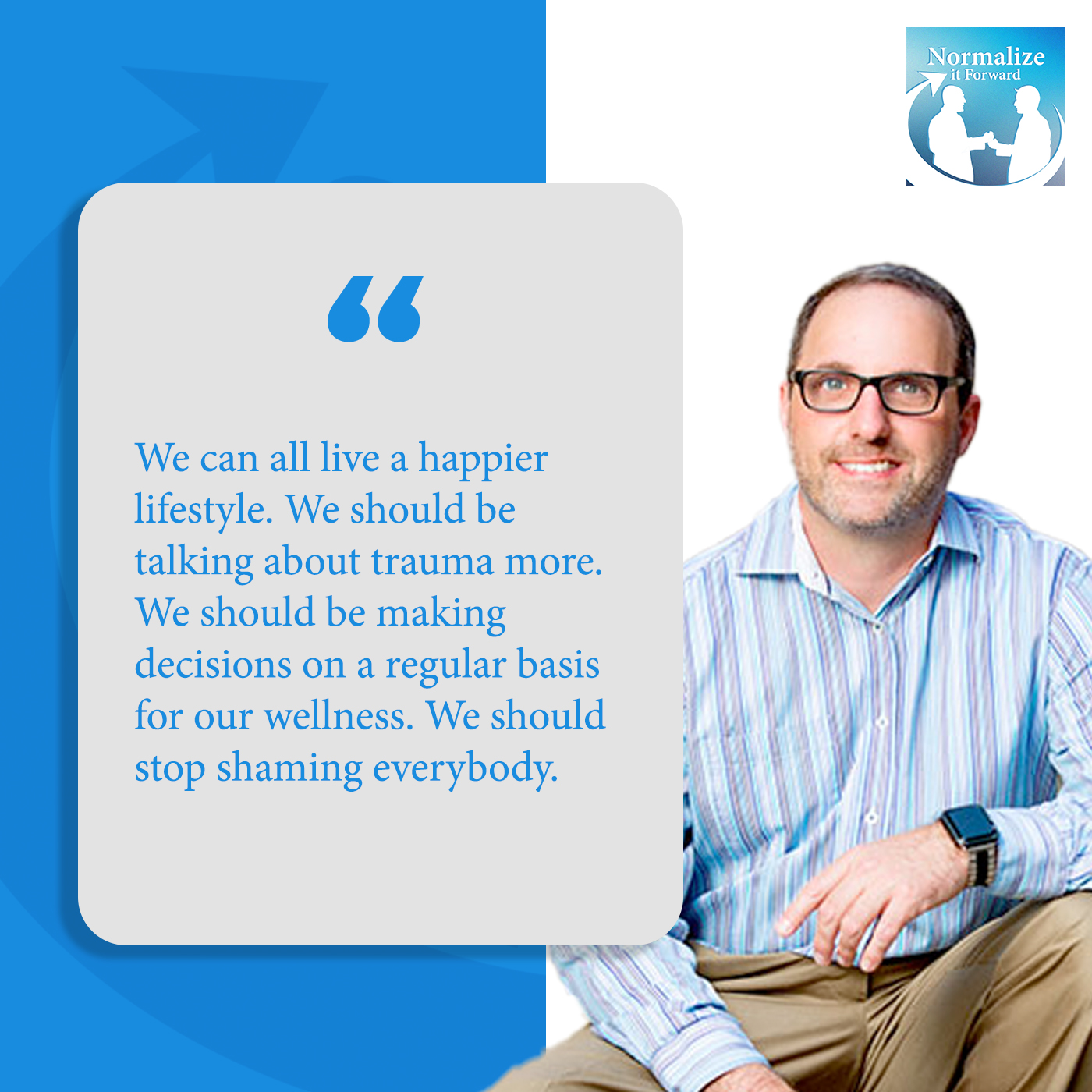
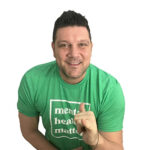 Eric Kussin is a magna cum laude grad of Cornell University and 20+ year professional sports executive, who got his start at the NBA League Office. After five years with the League, he went the team business route and rose the ranks with the expansion Chicago Sky, and then the NBA’s Phoenix Suns.
Eric Kussin is a magna cum laude grad of Cornell University and 20+ year professional sports executive, who got his start at the NBA League Office. After five years with the League, he went the team business route and rose the ranks with the expansion Chicago Sky, and then the NBA’s Phoenix Suns.